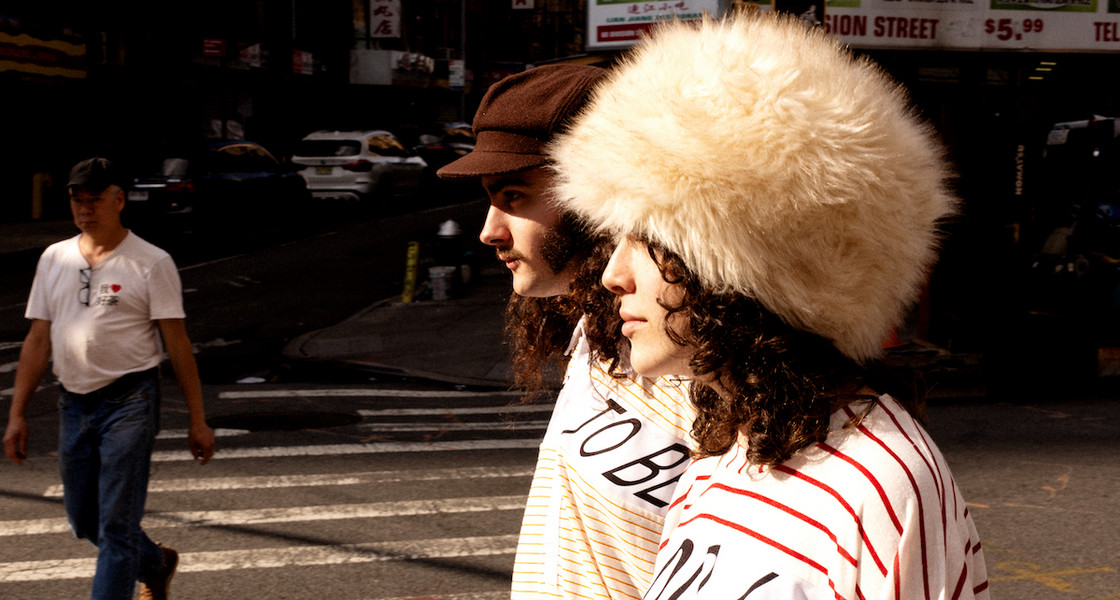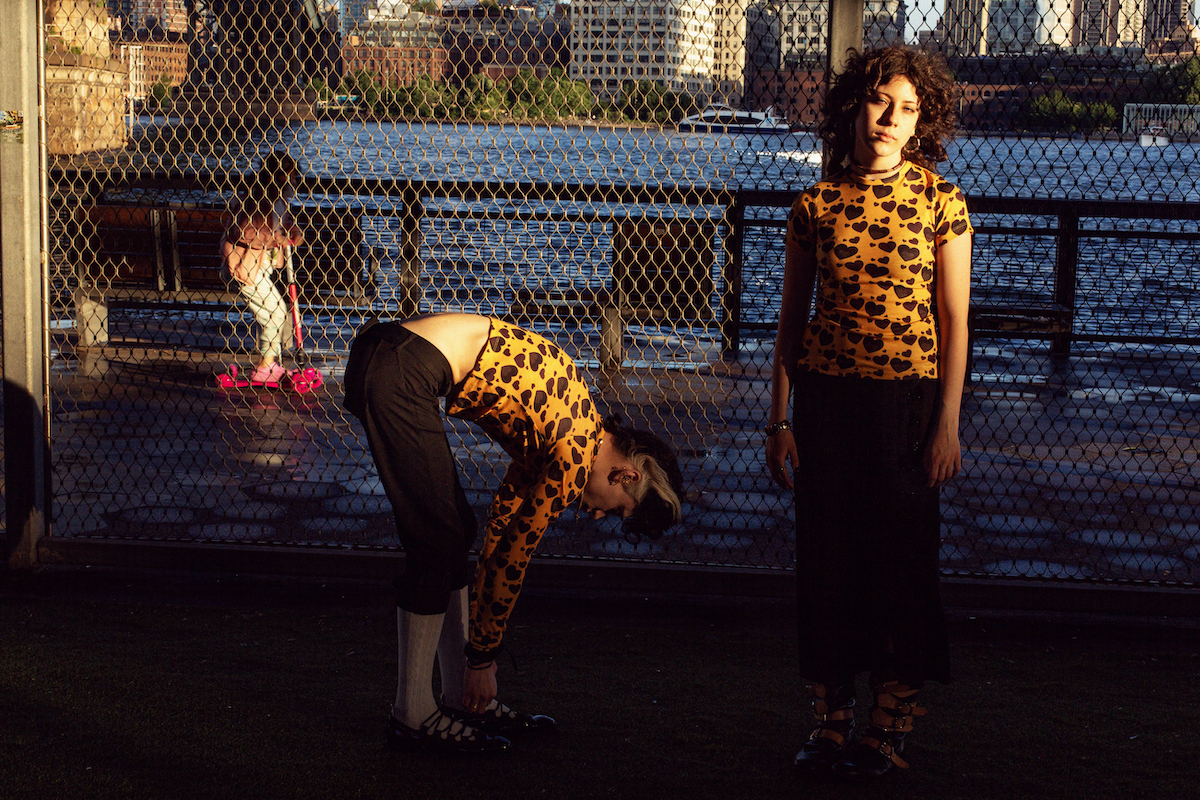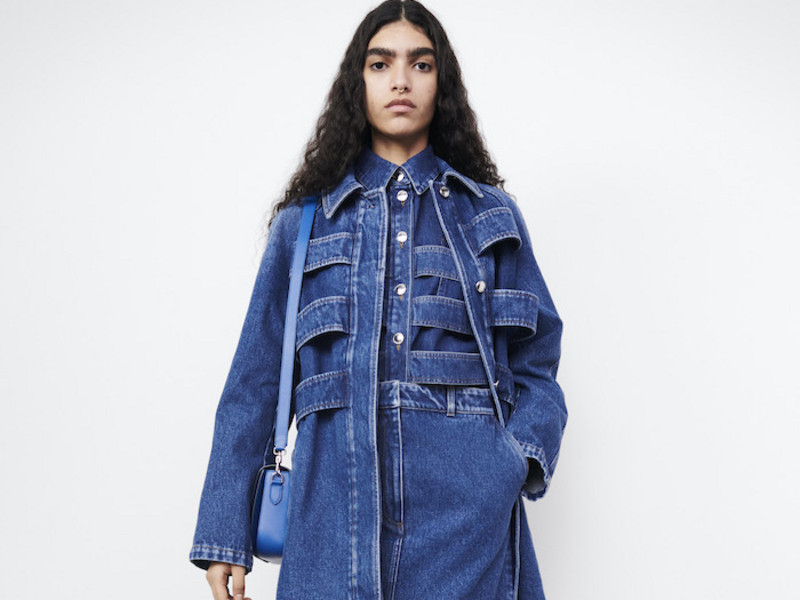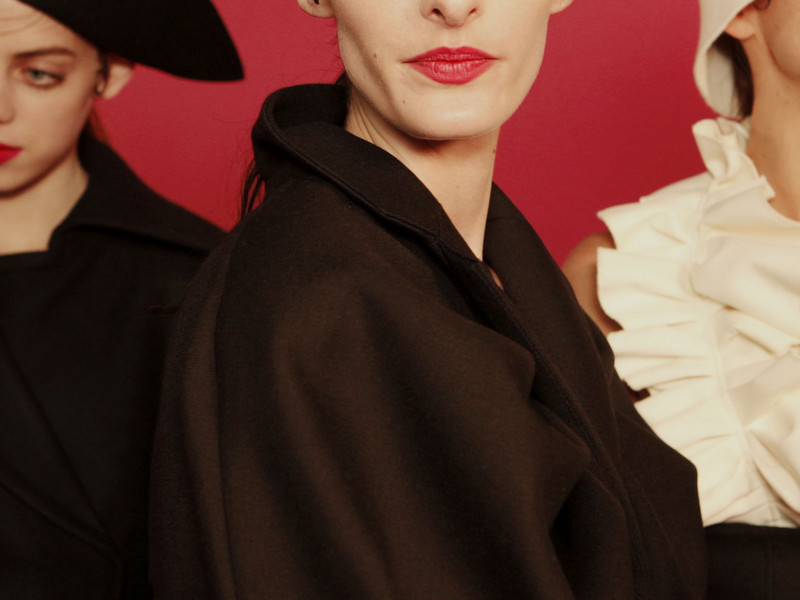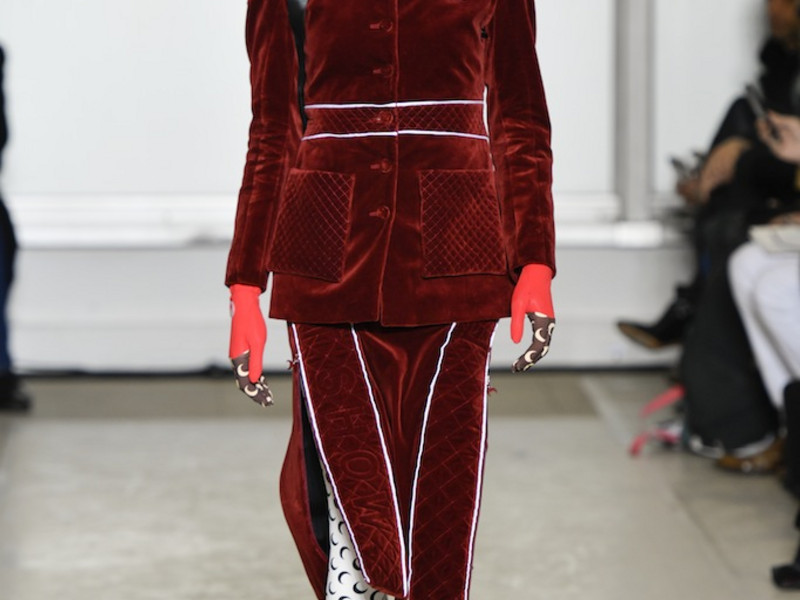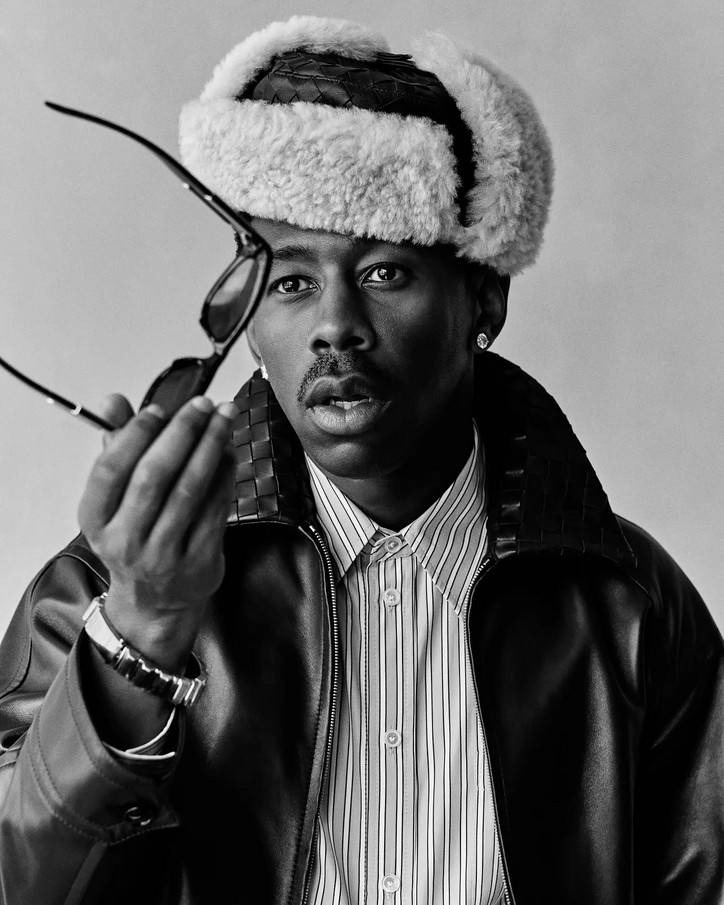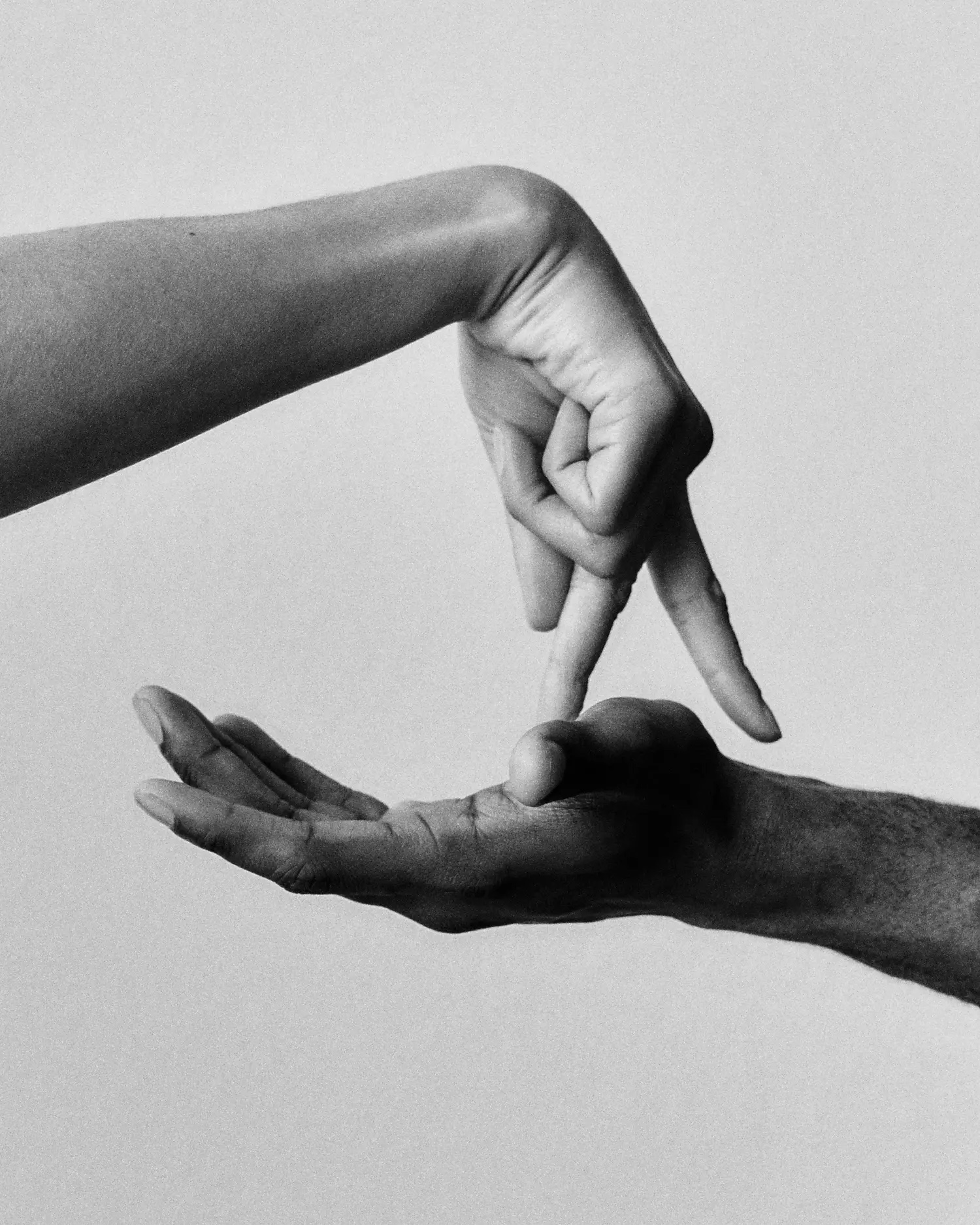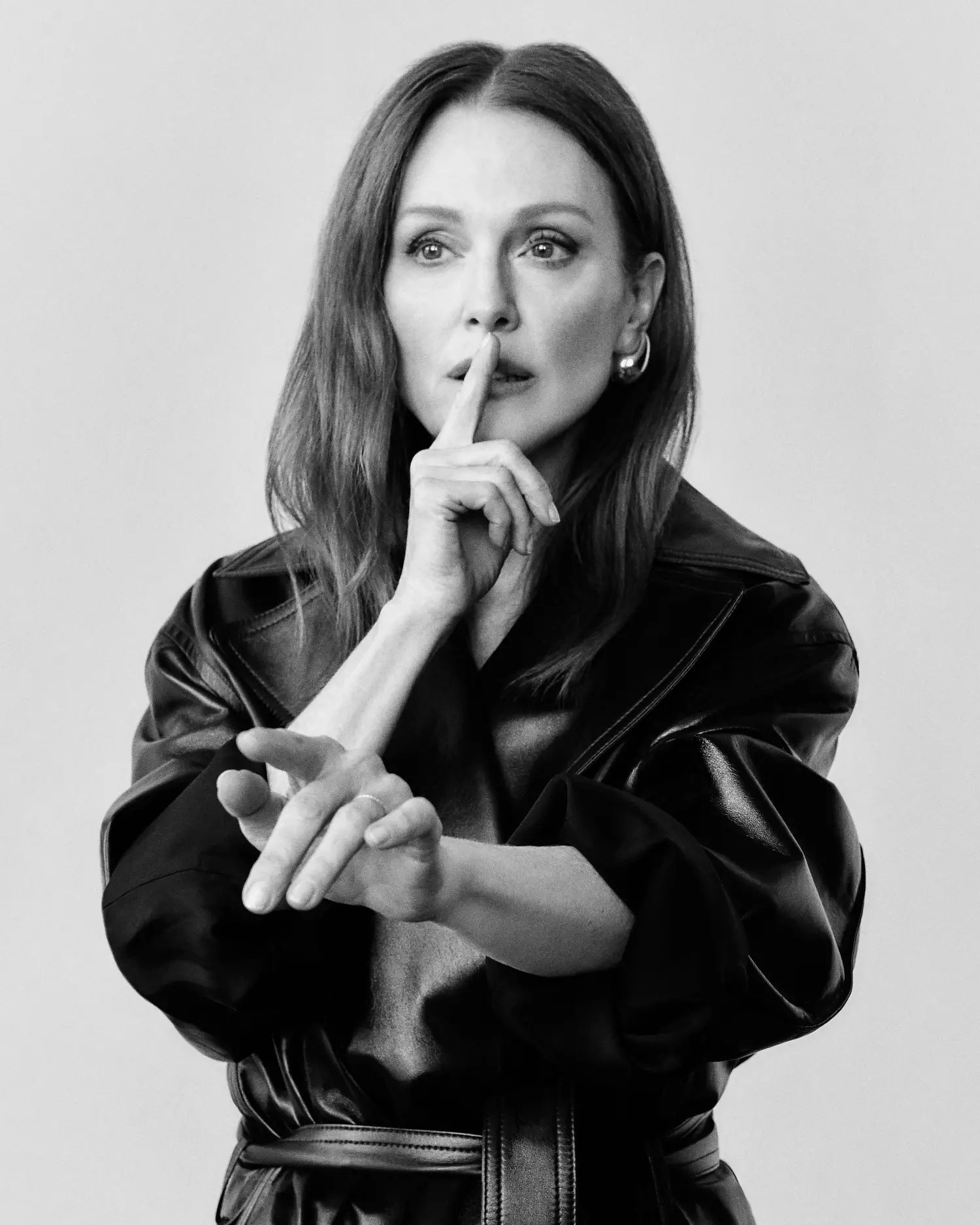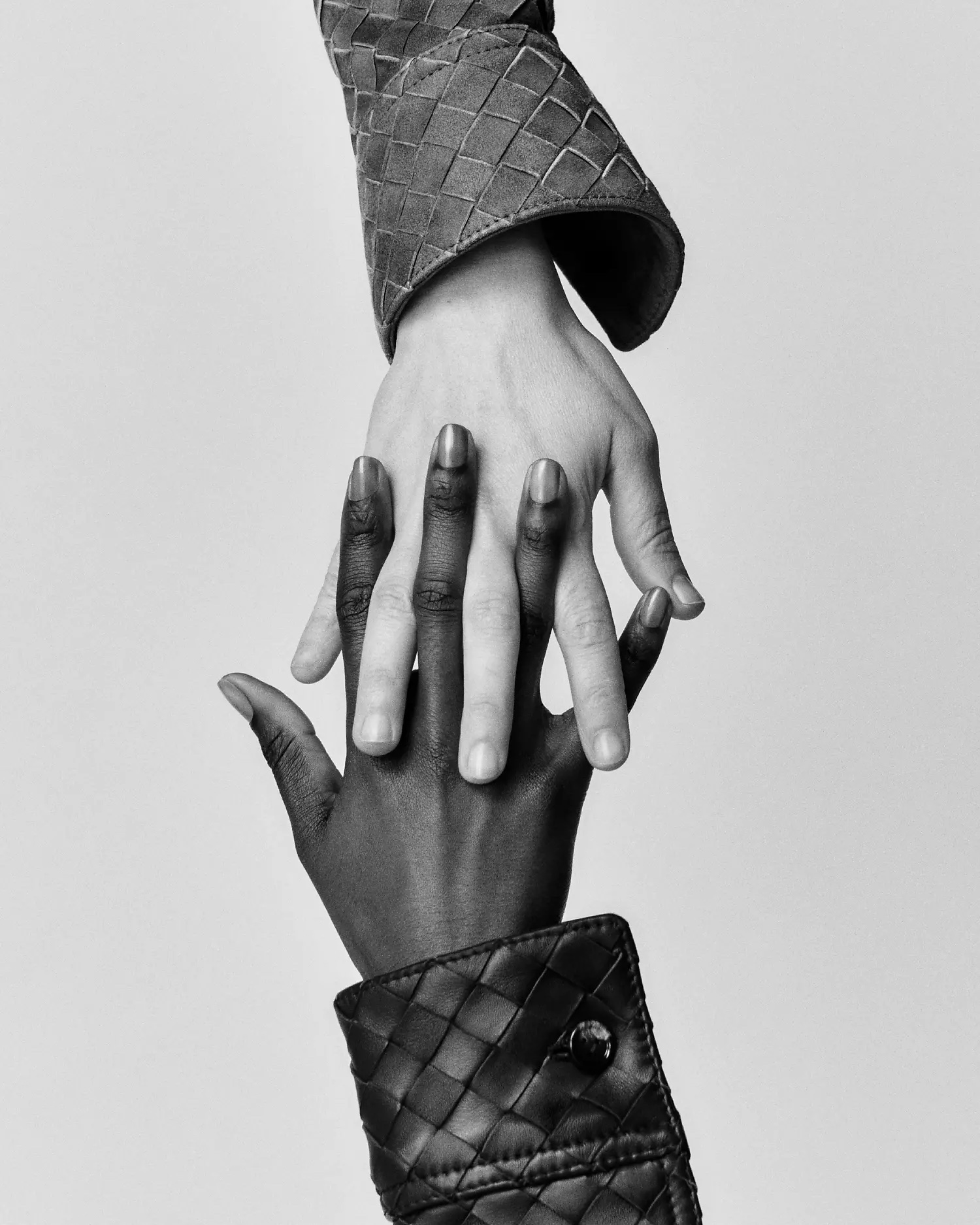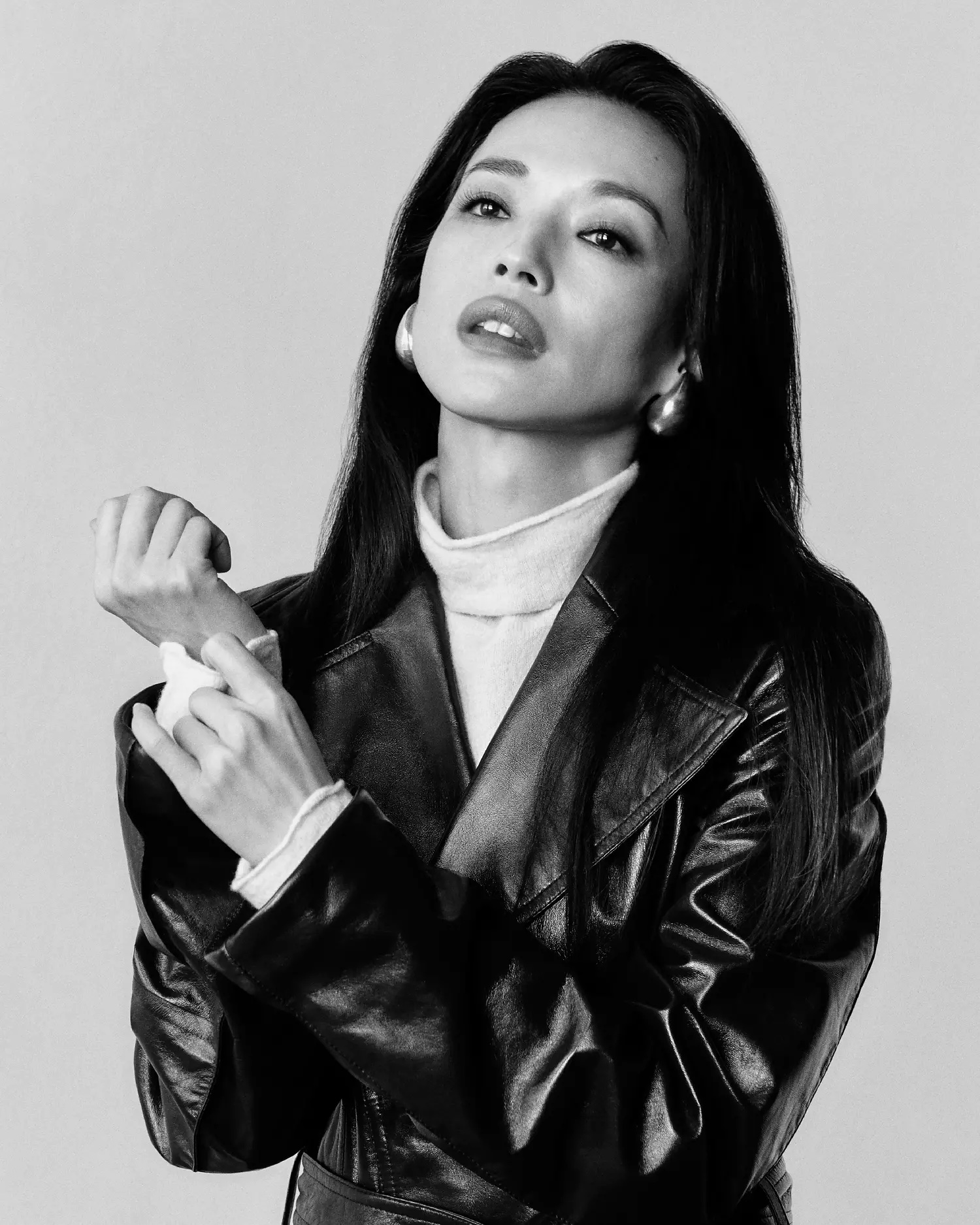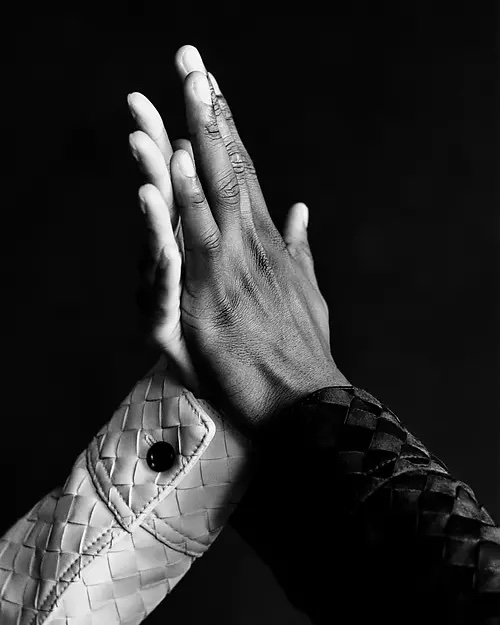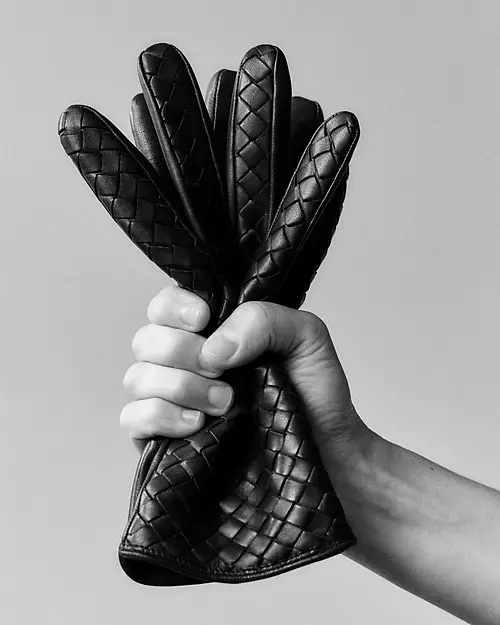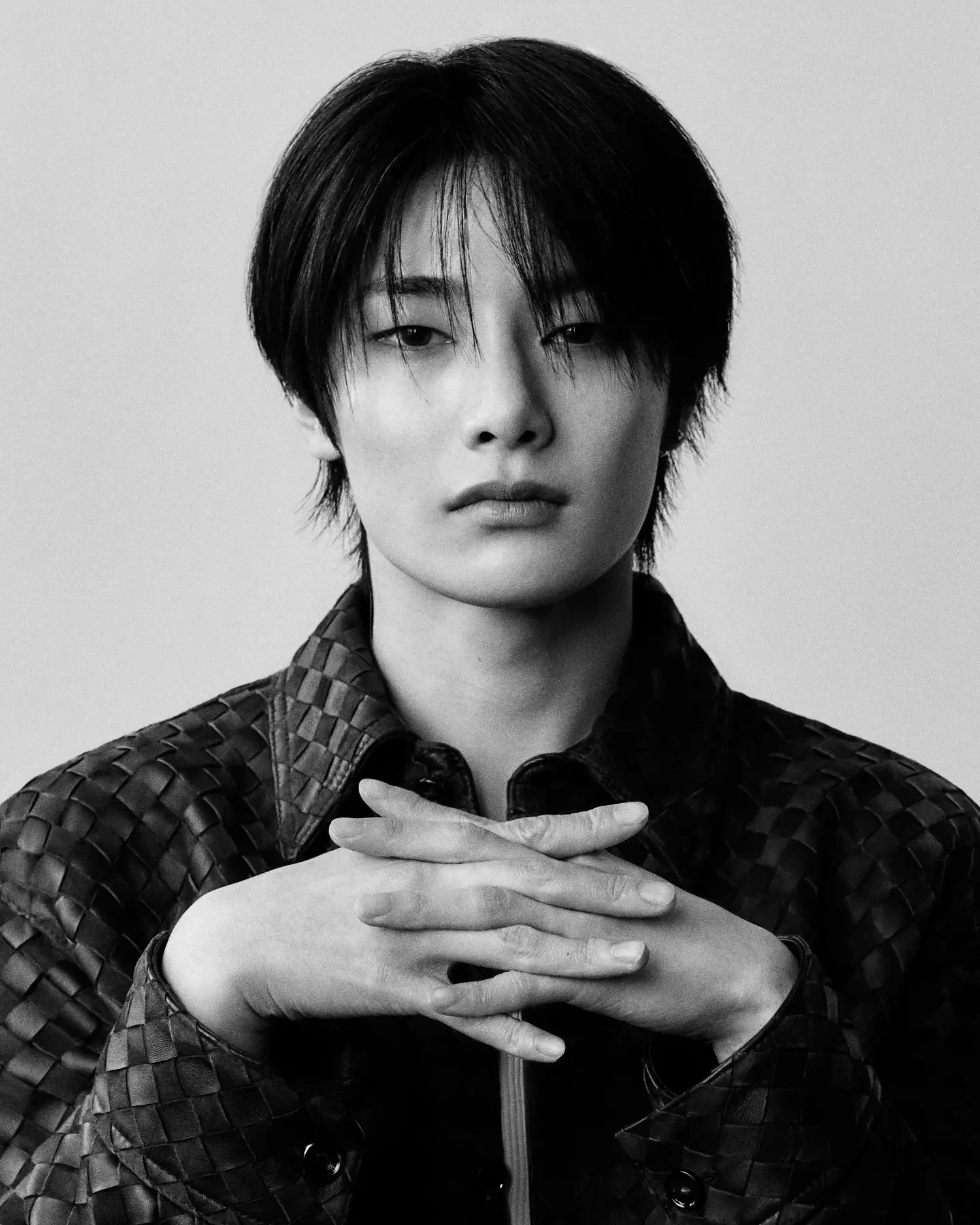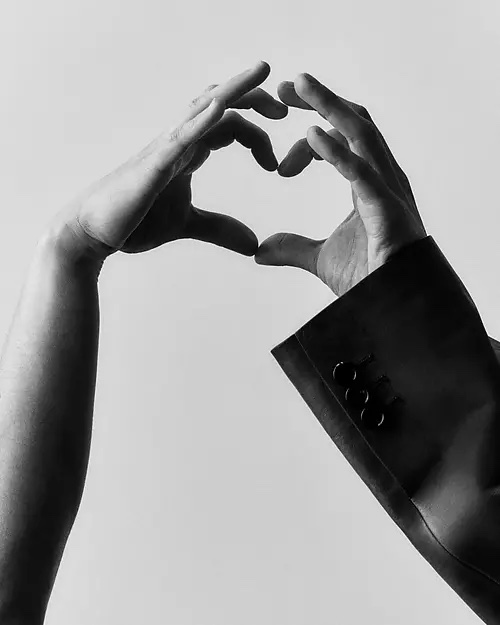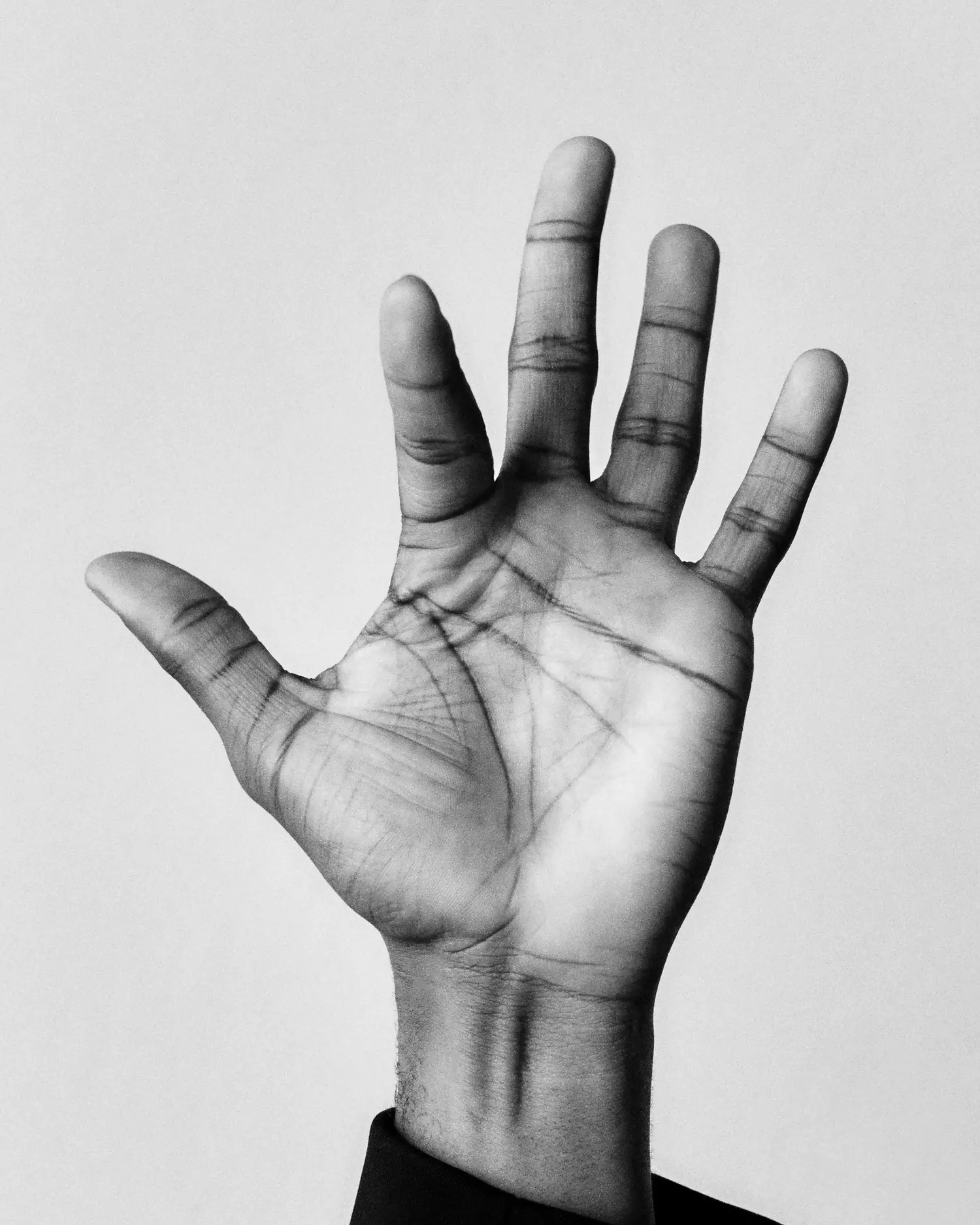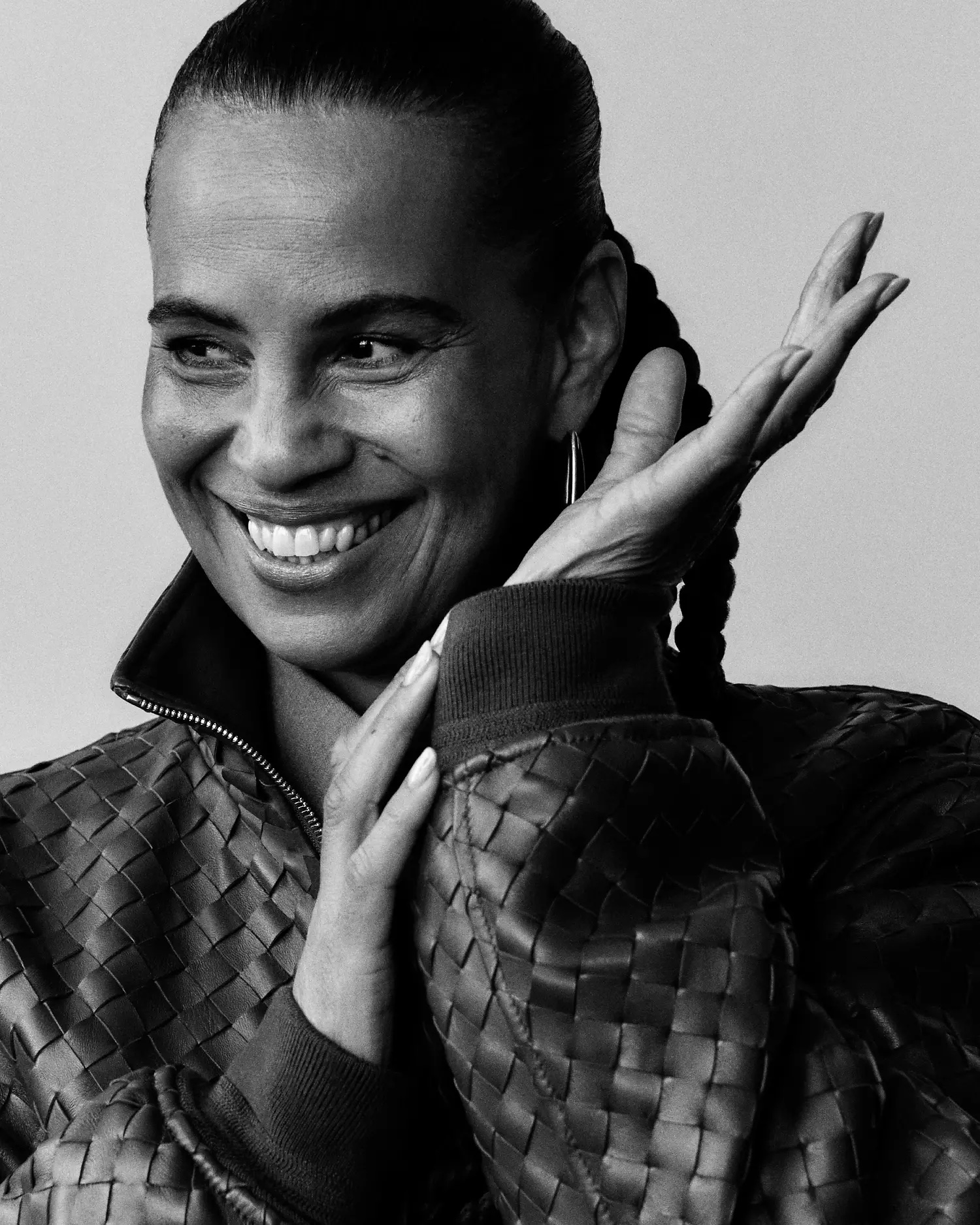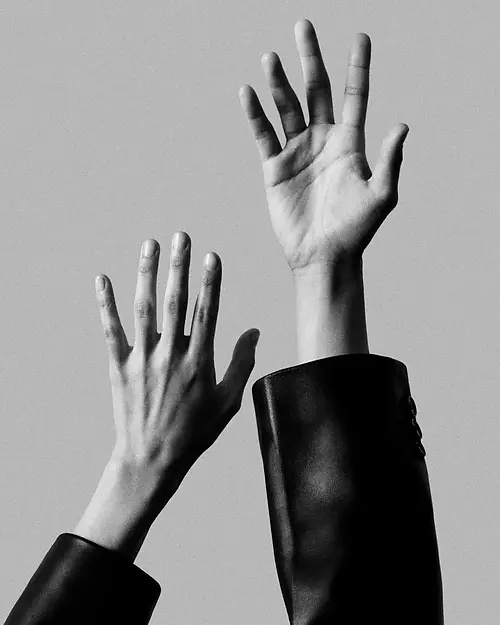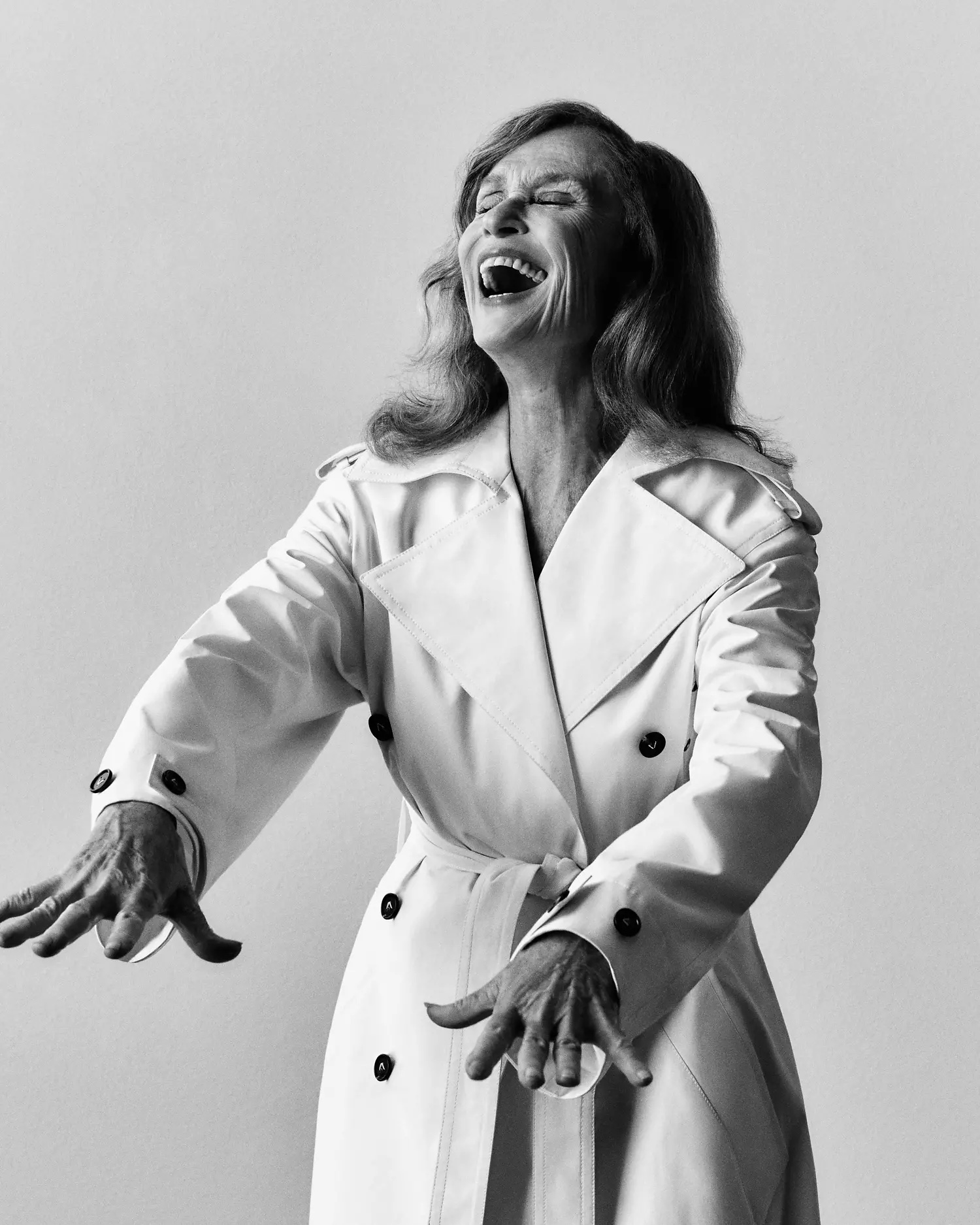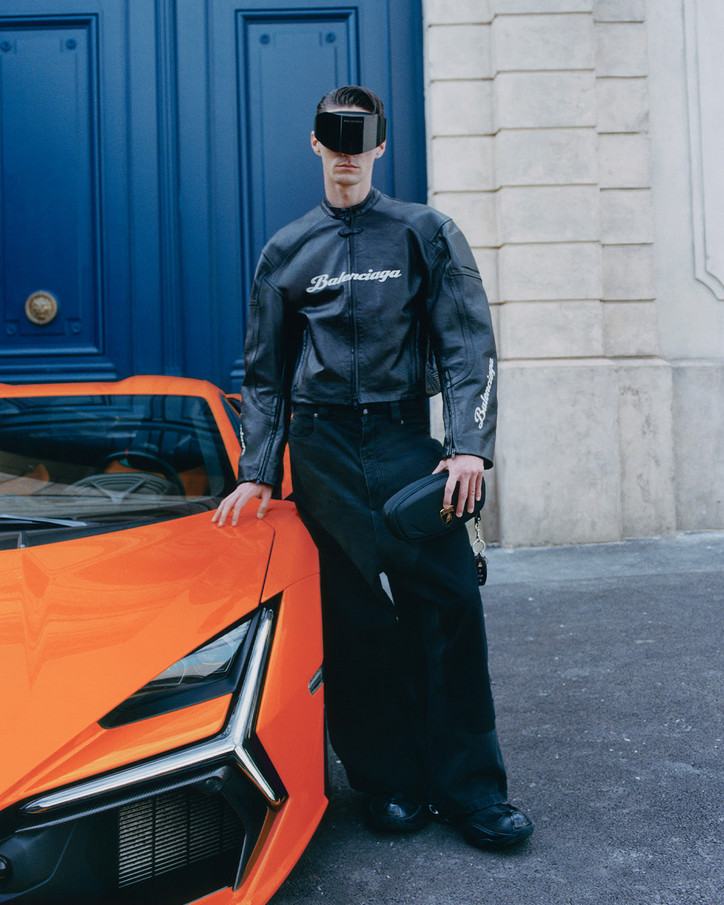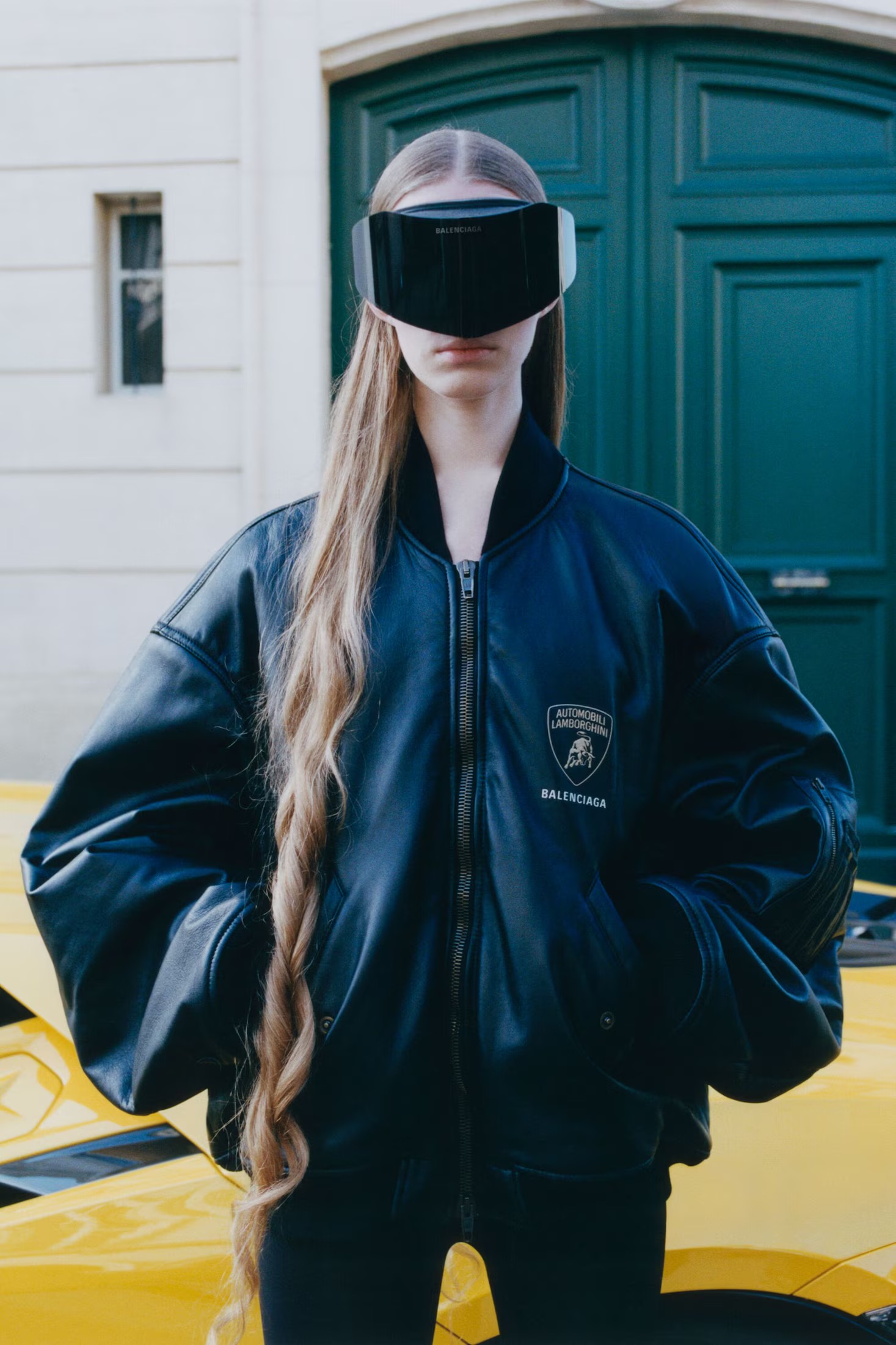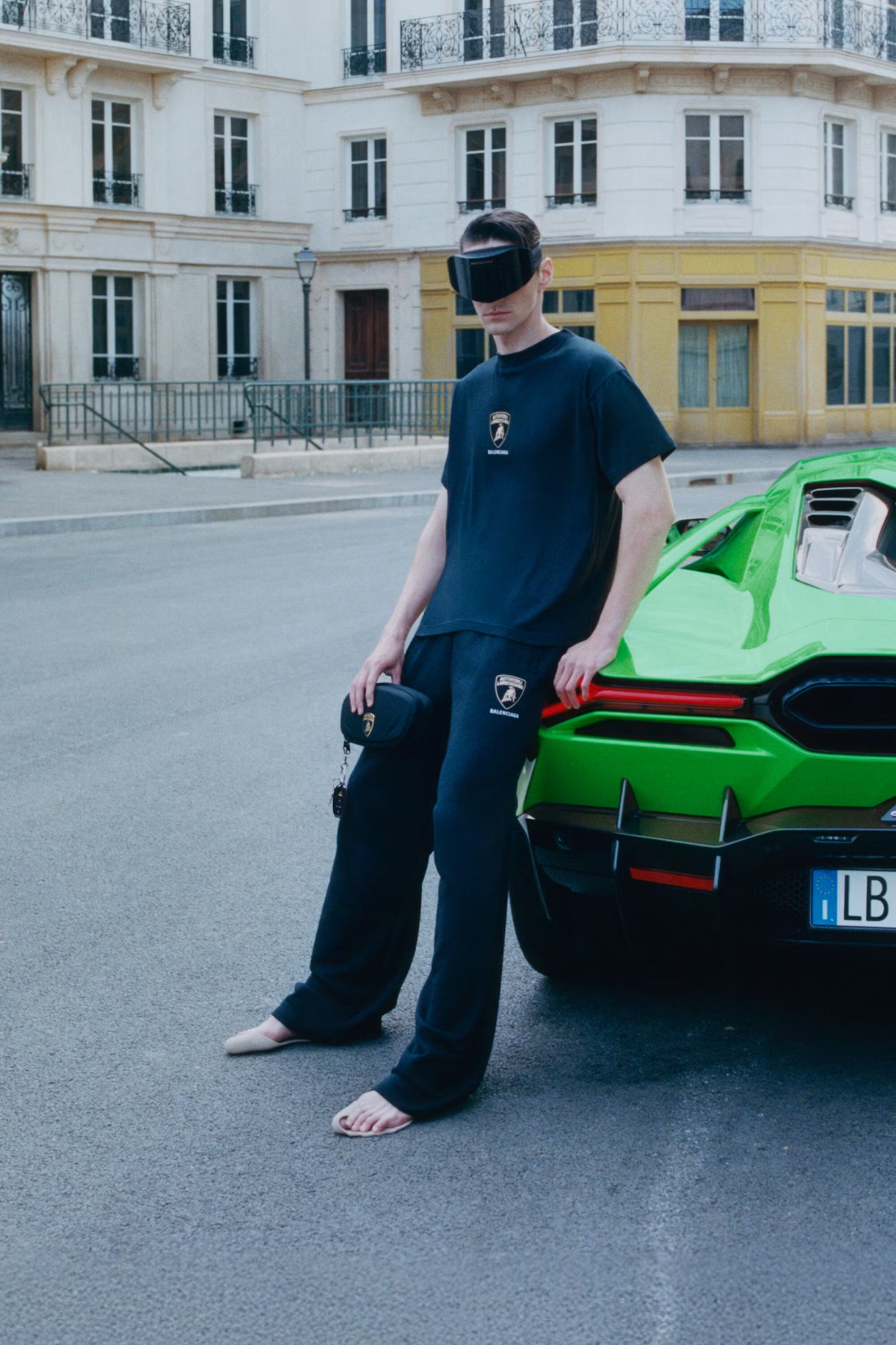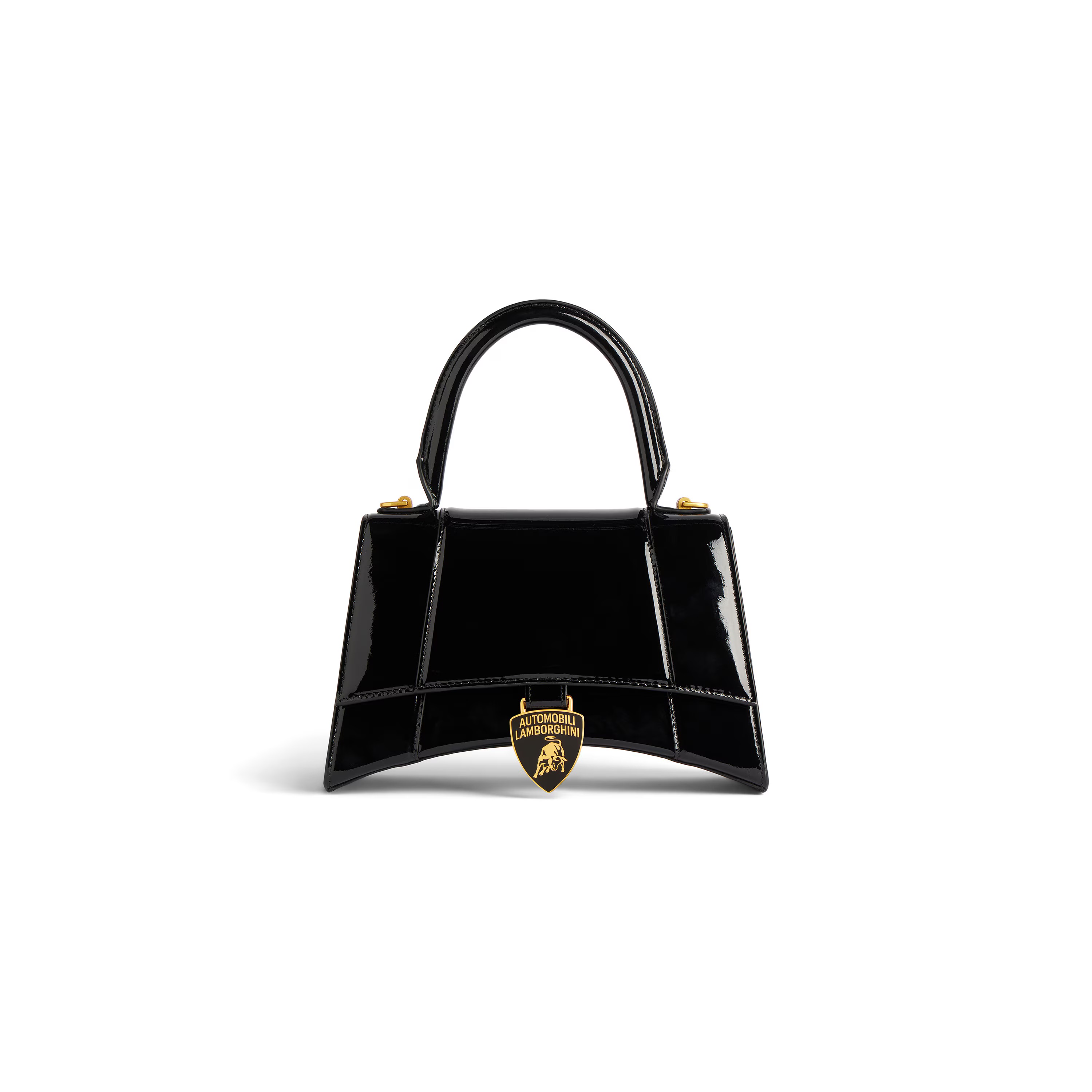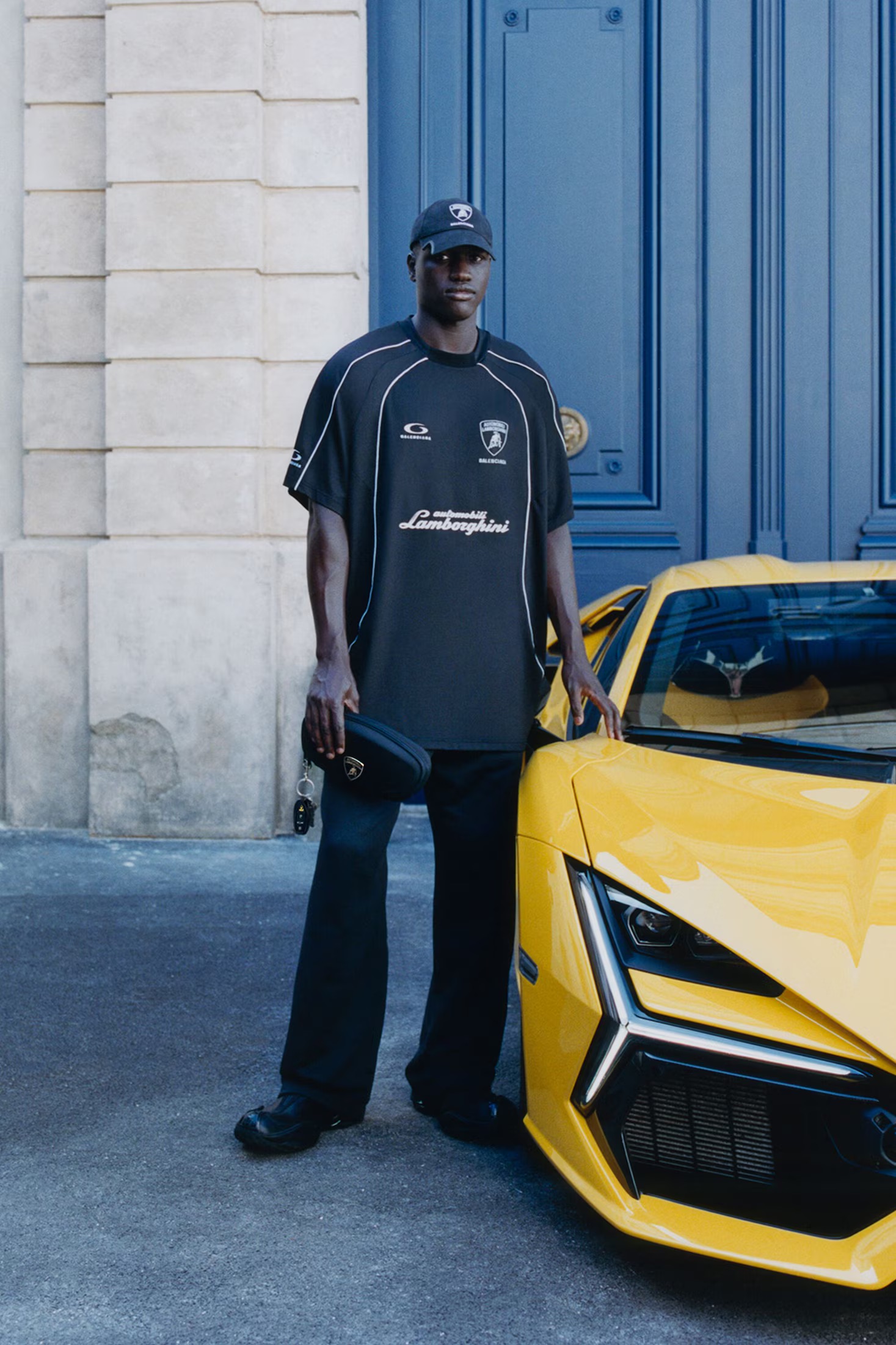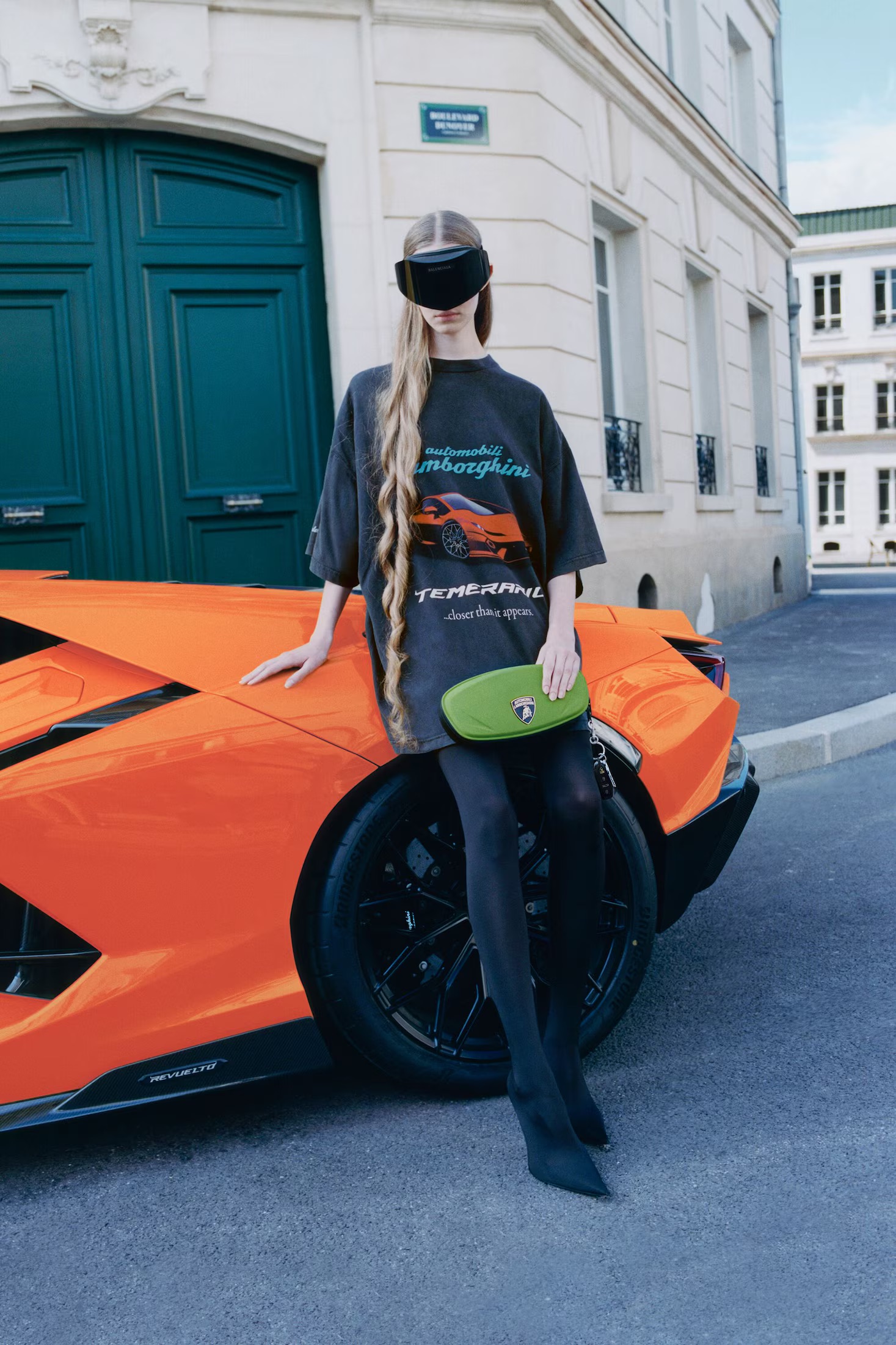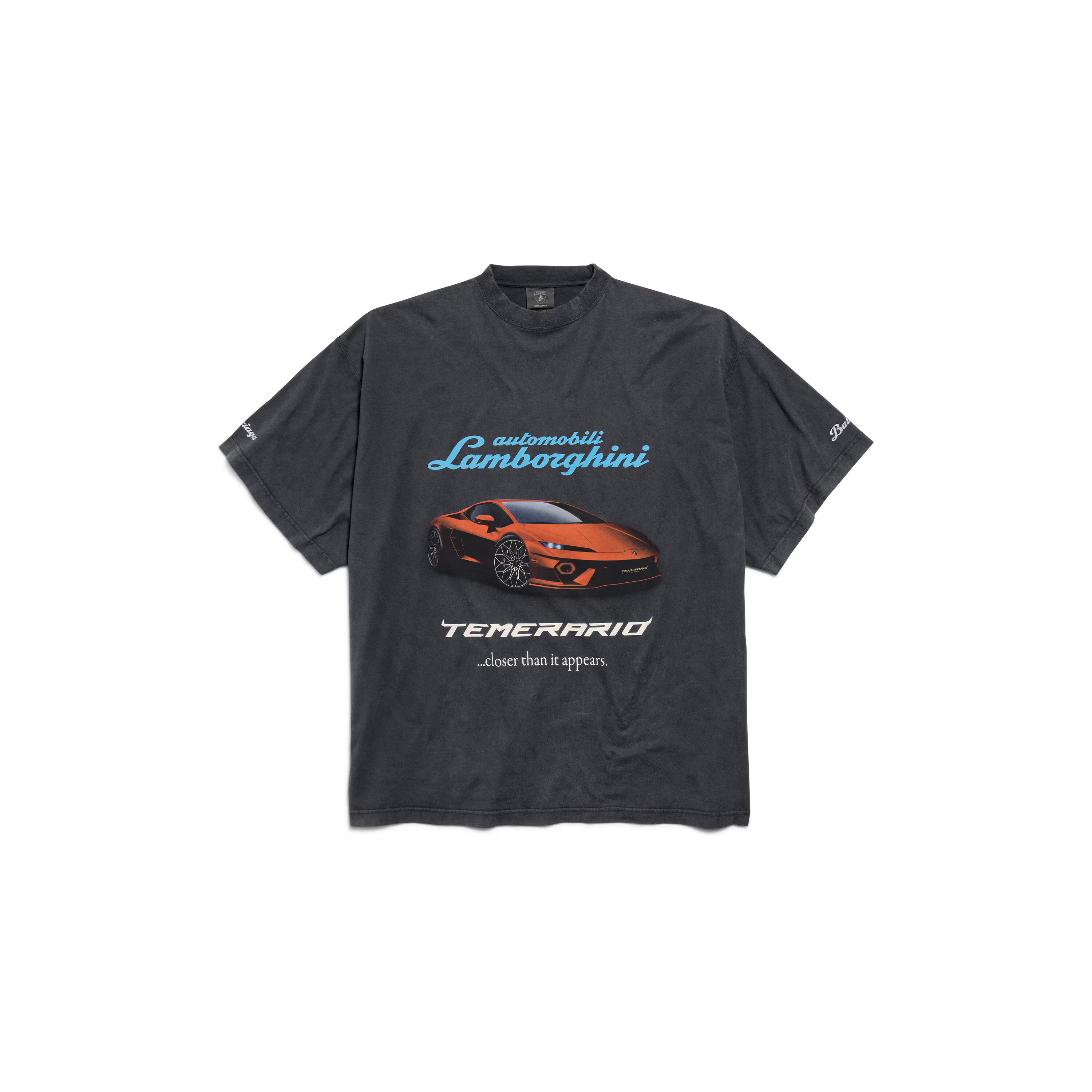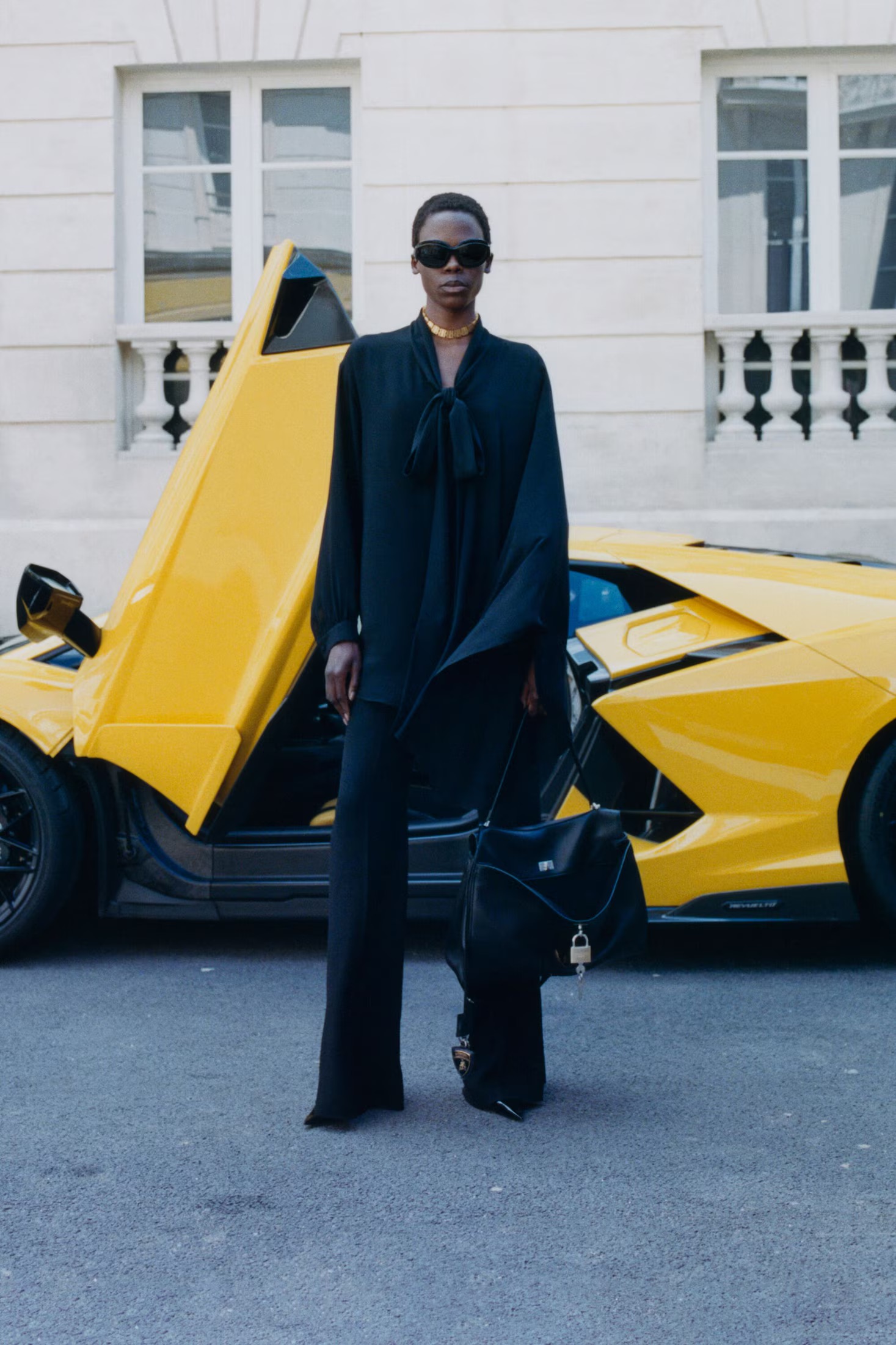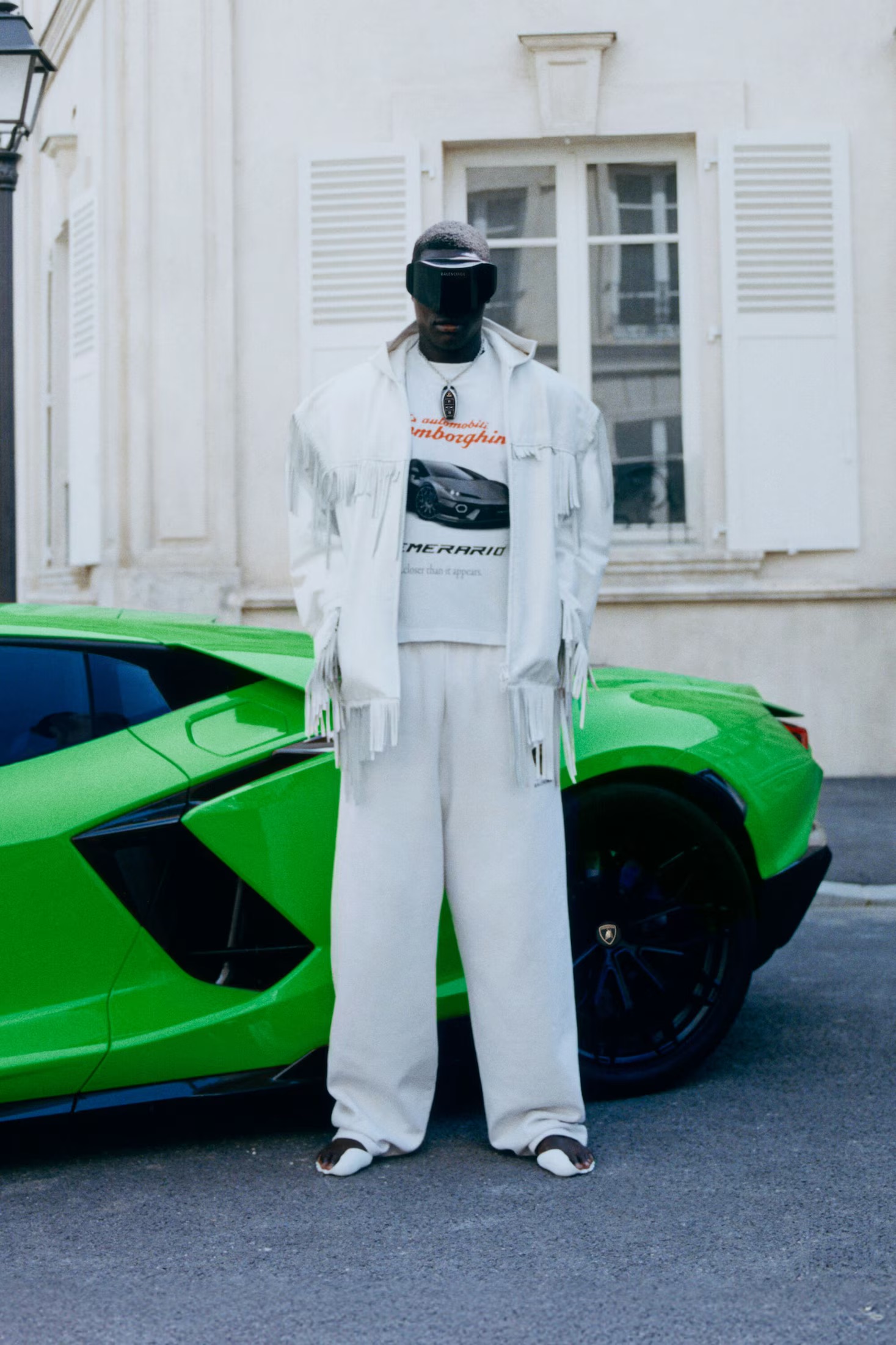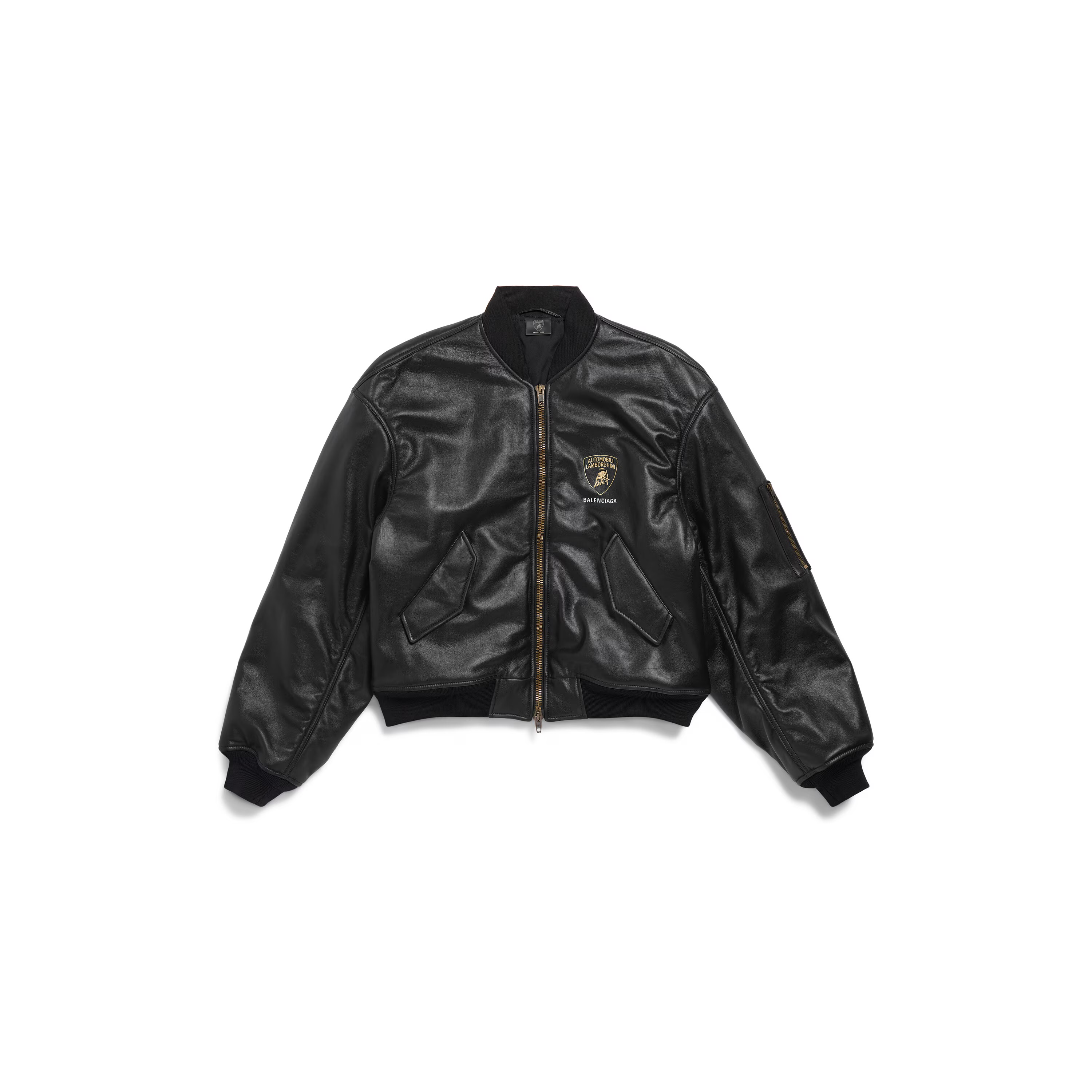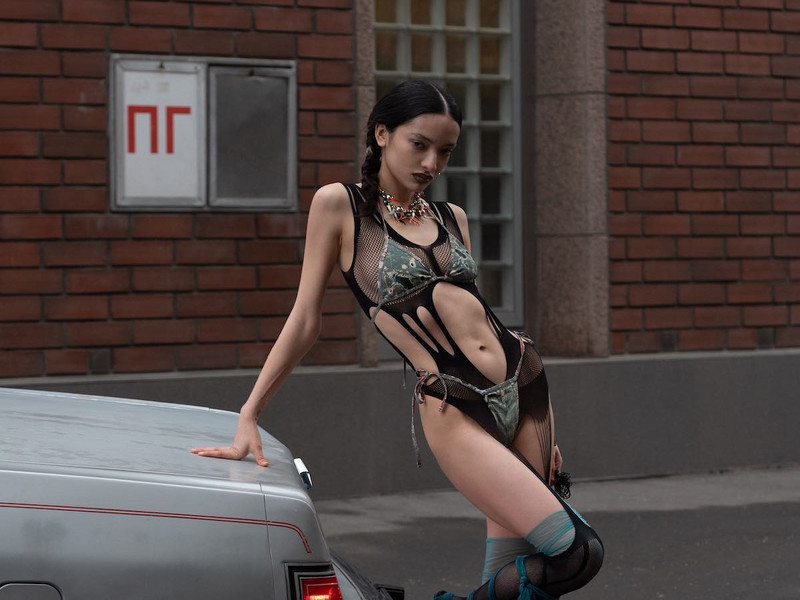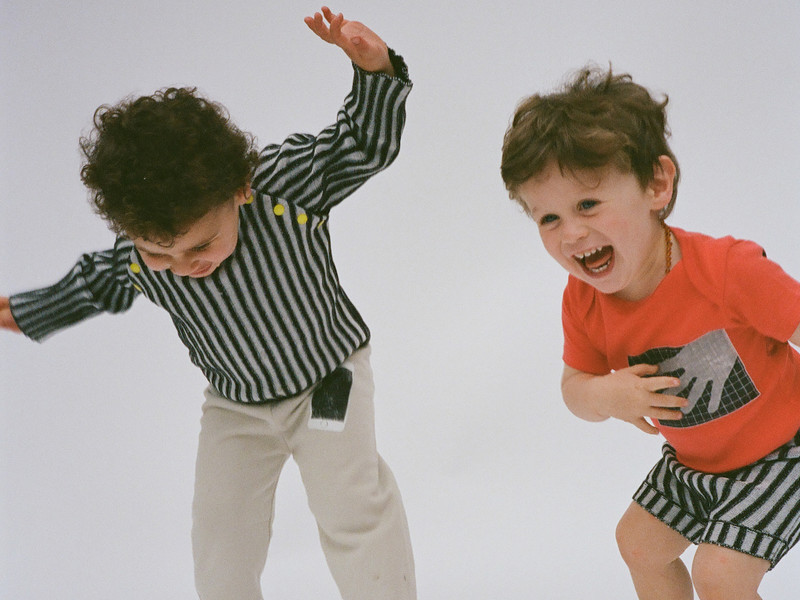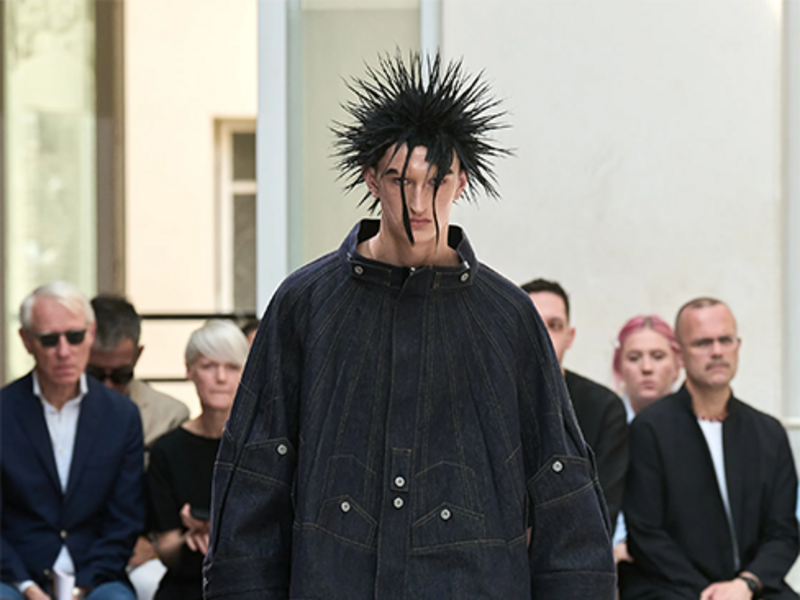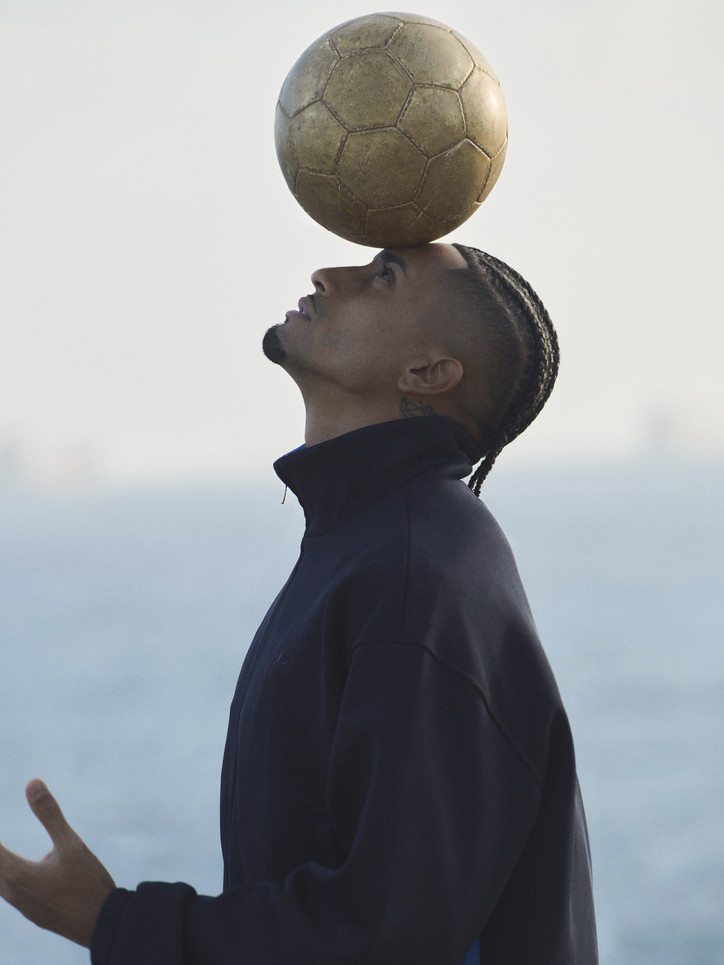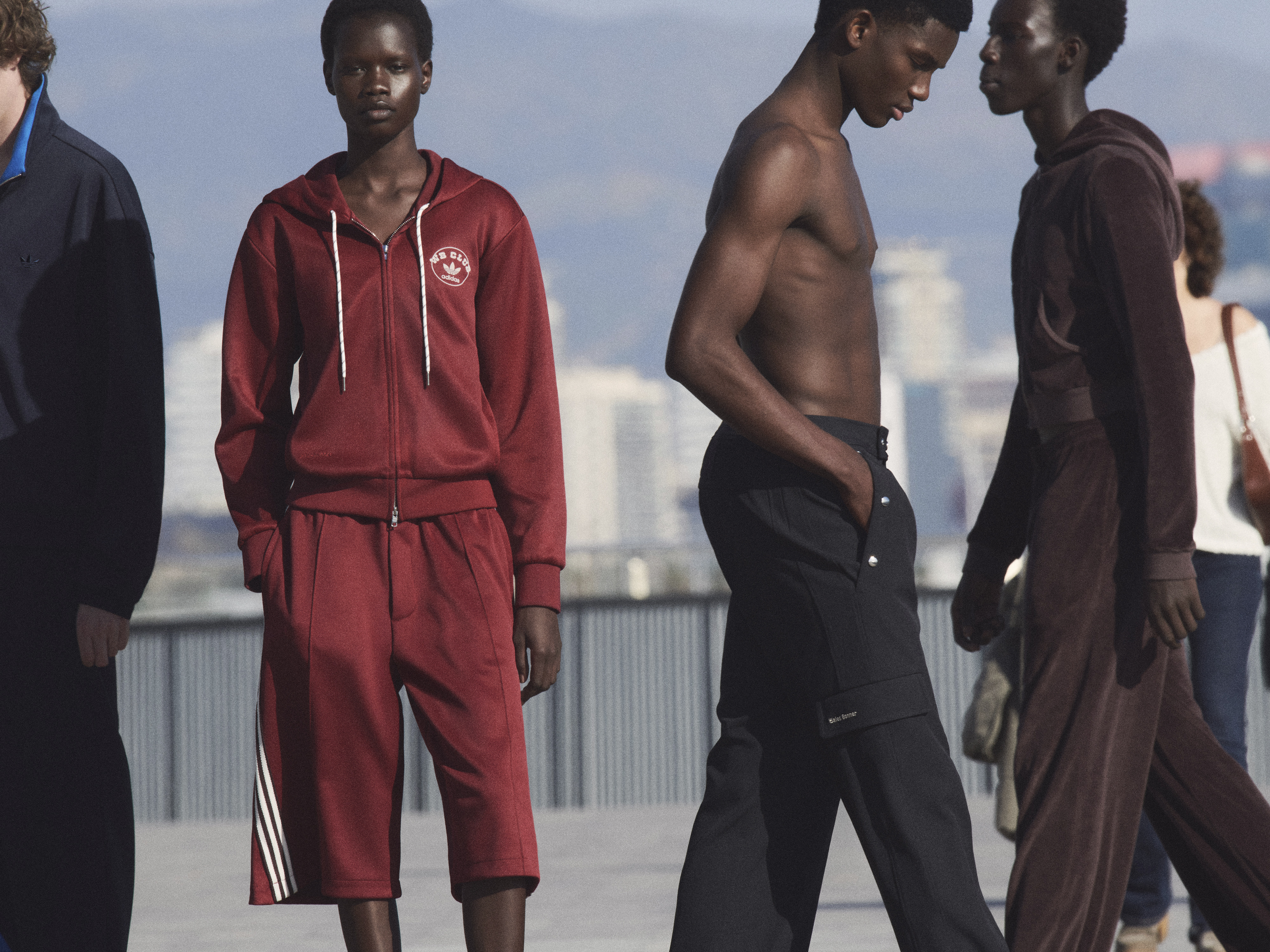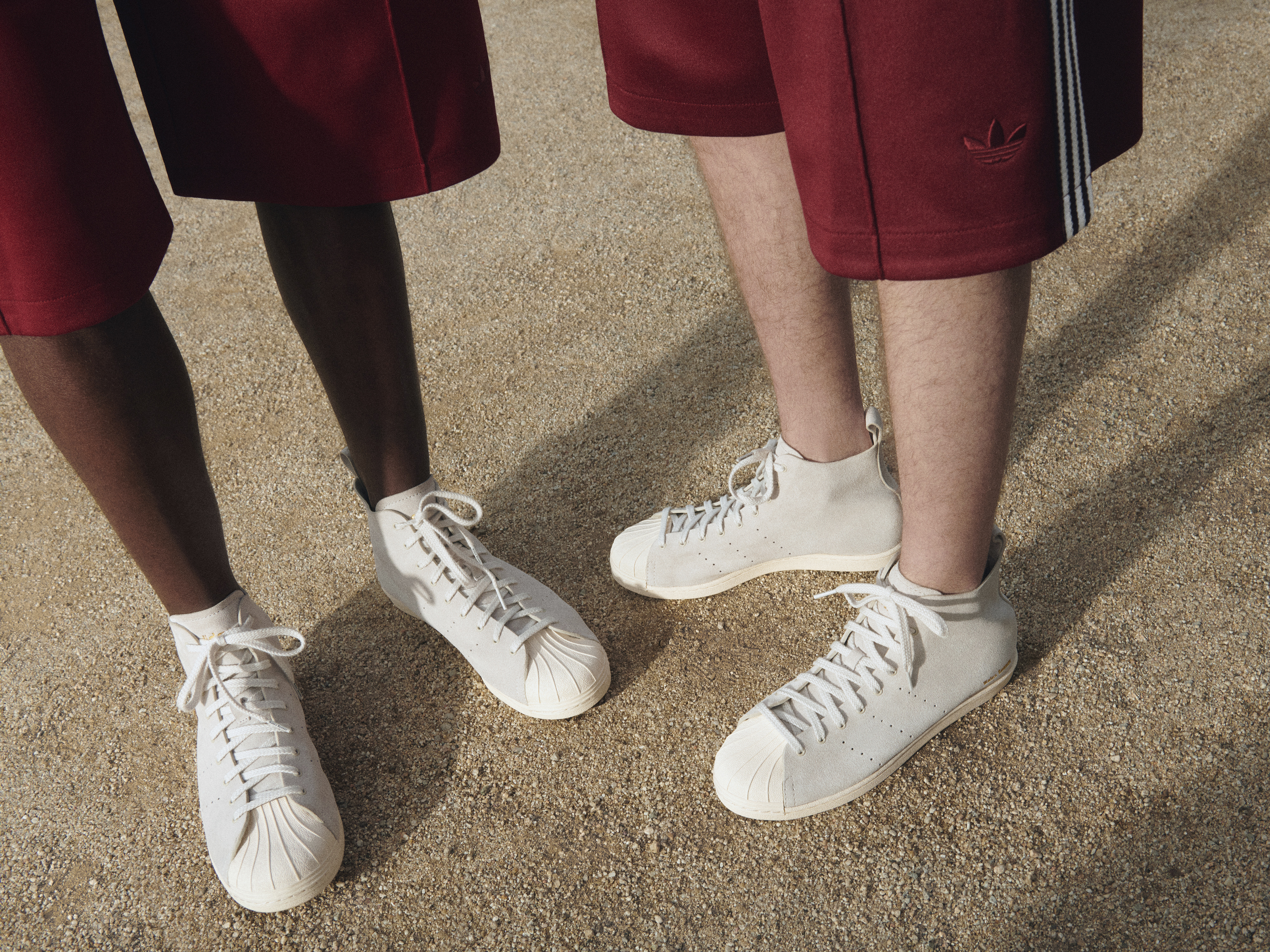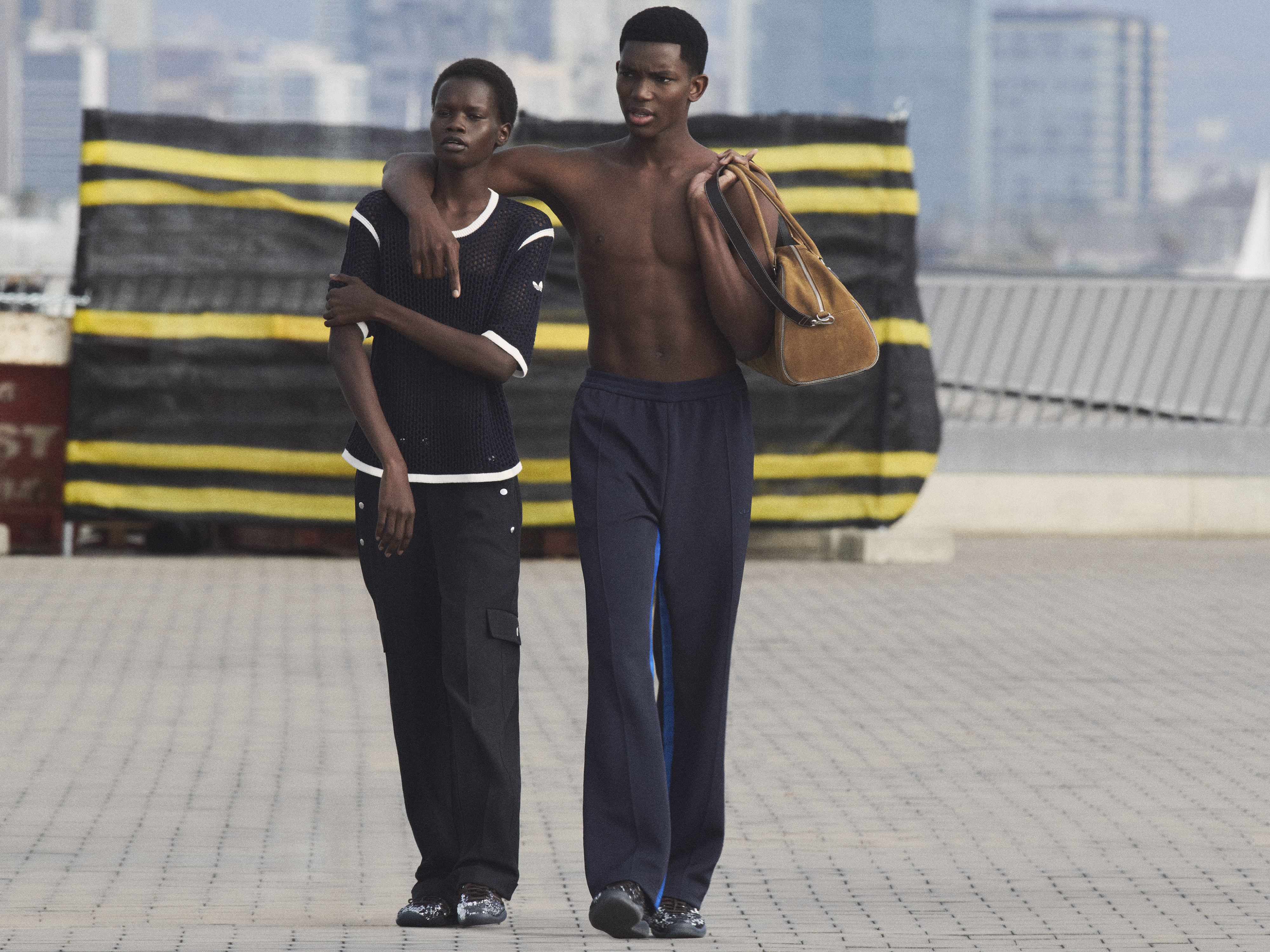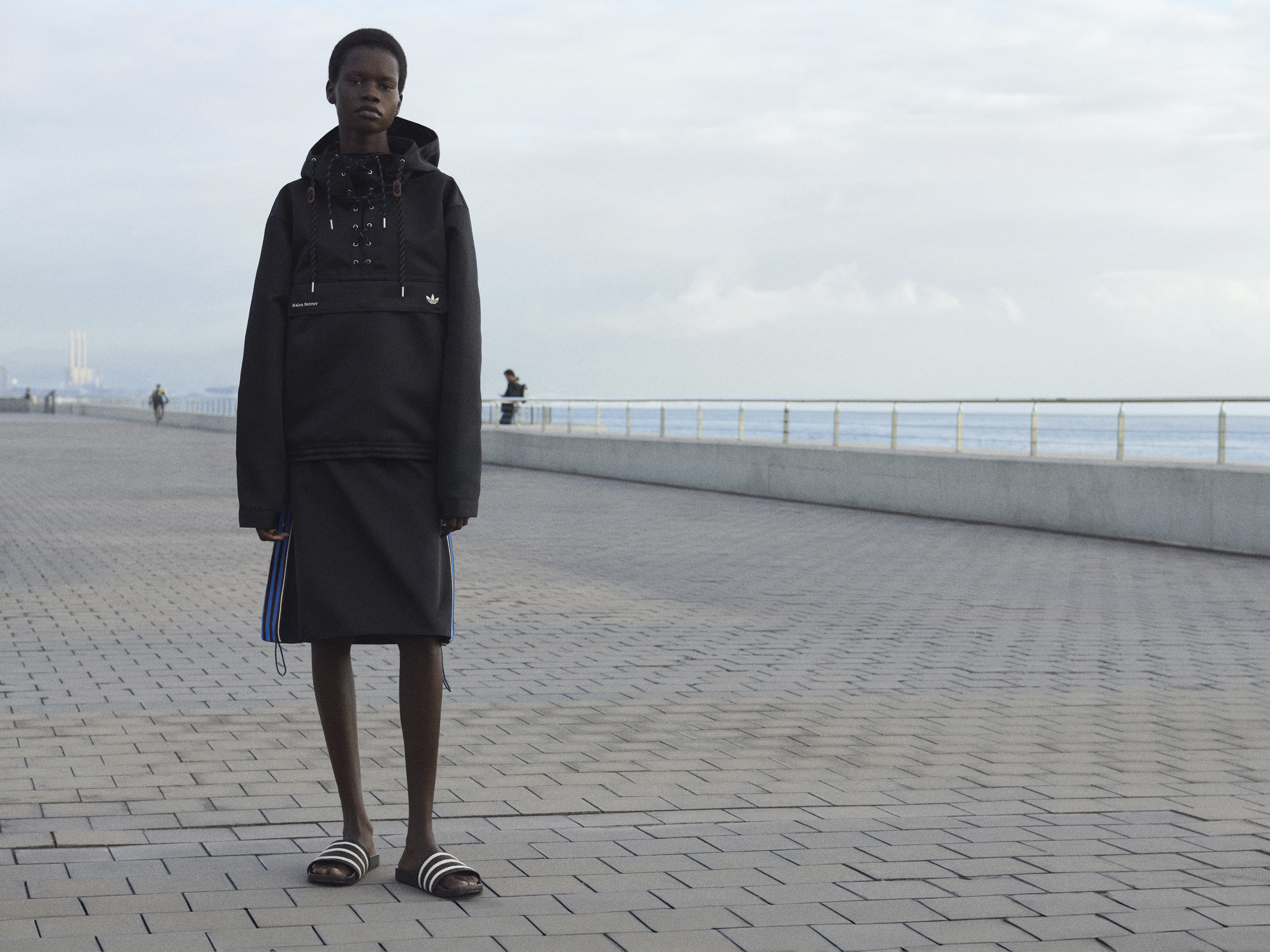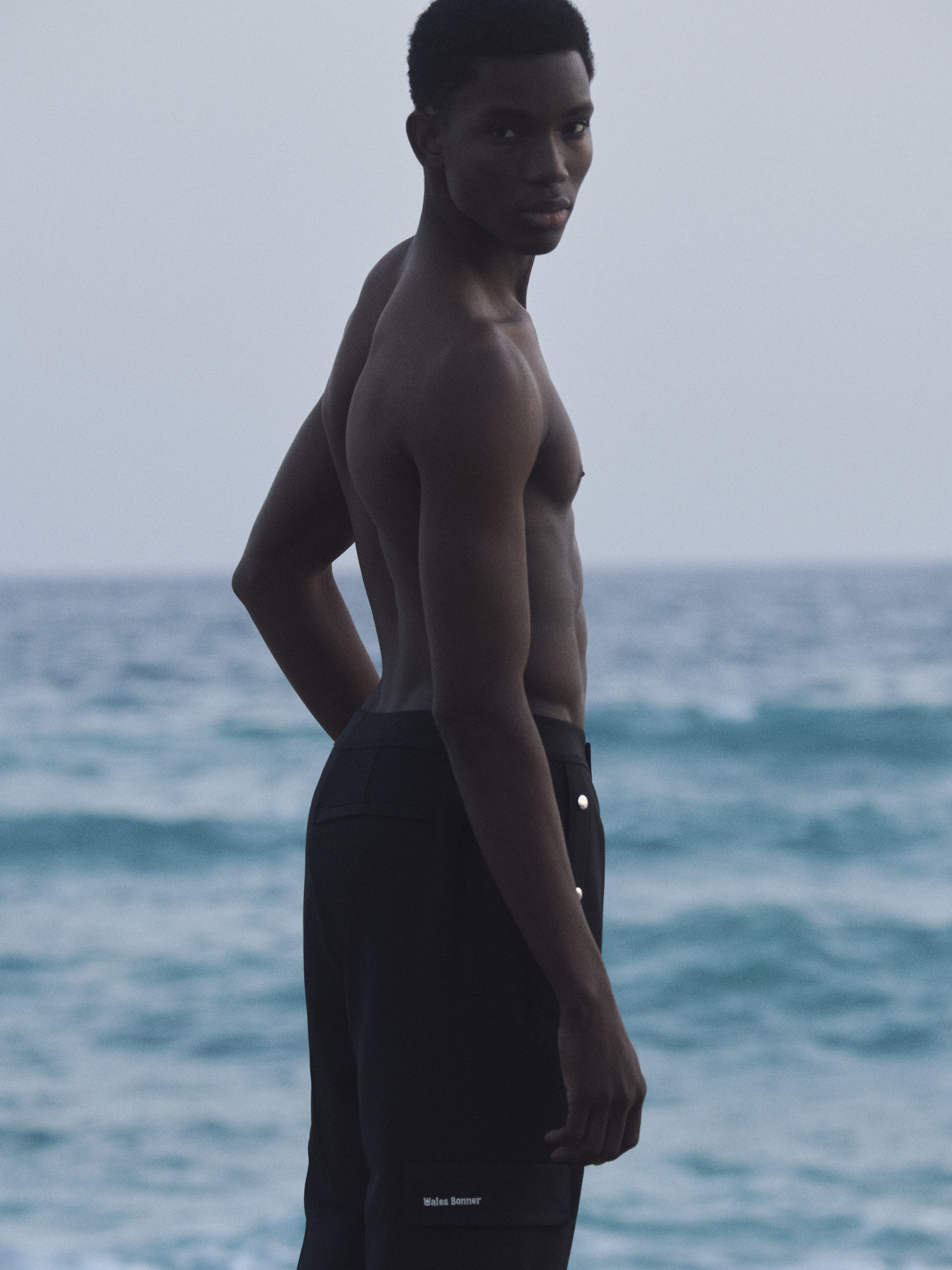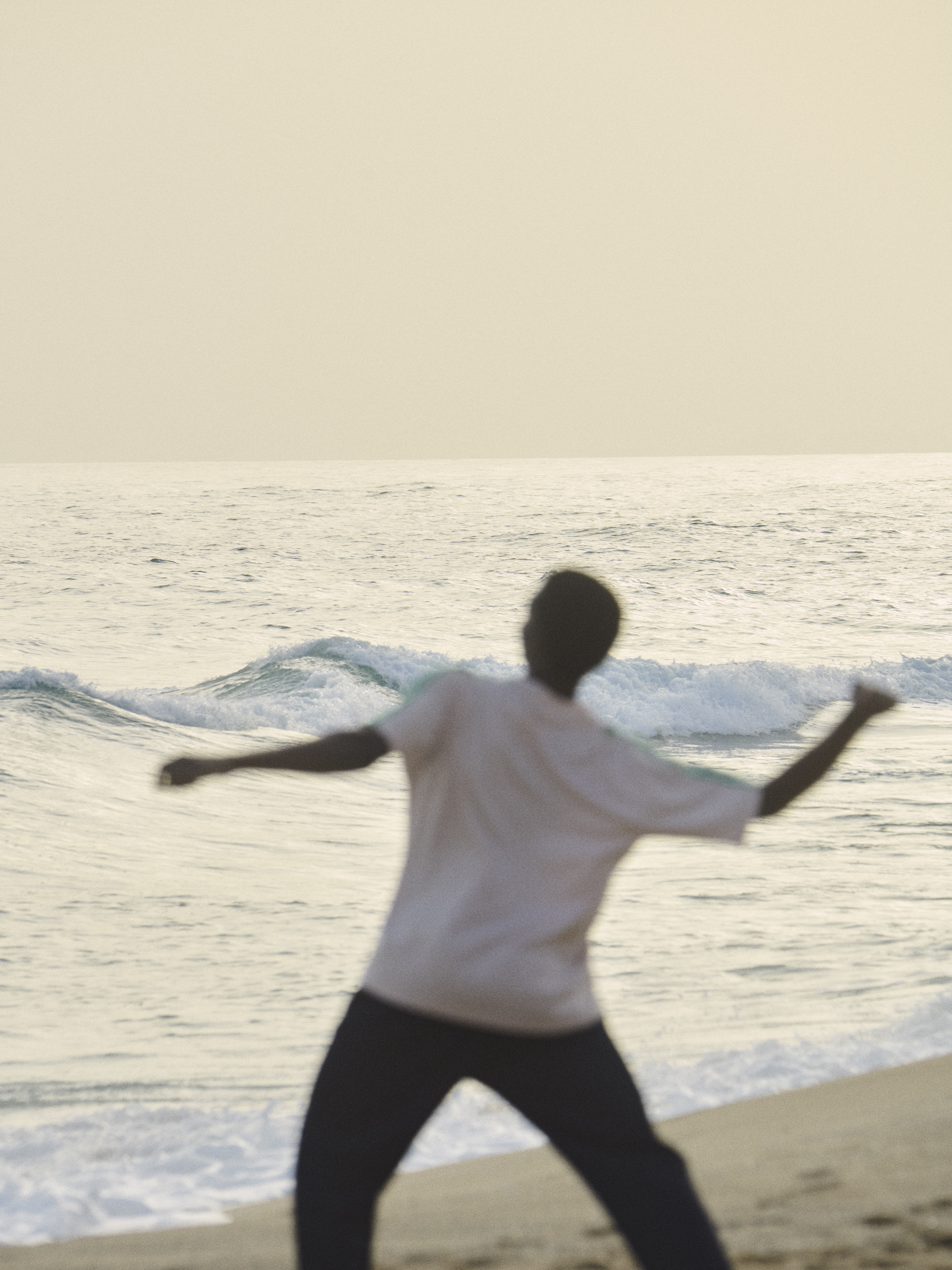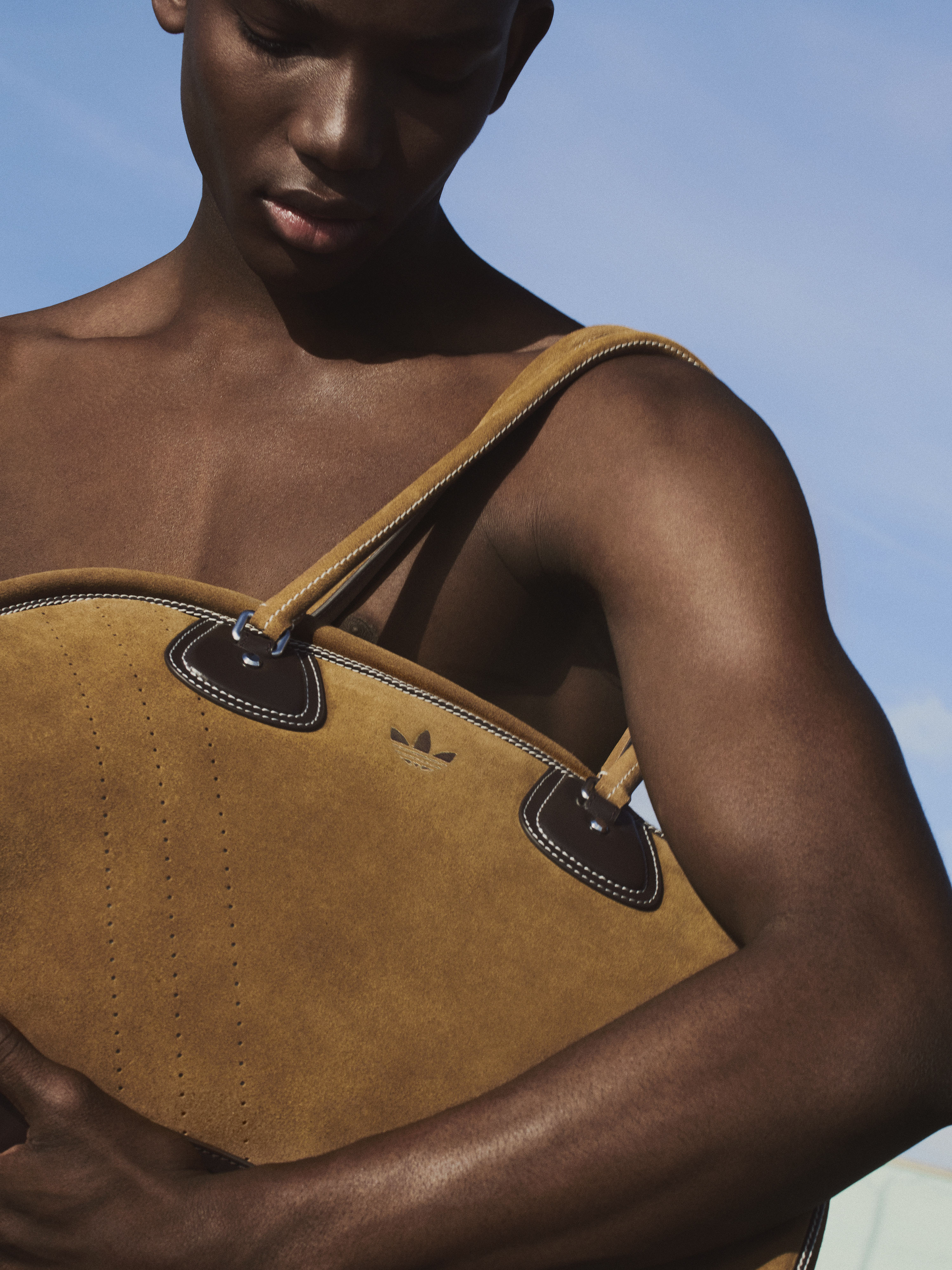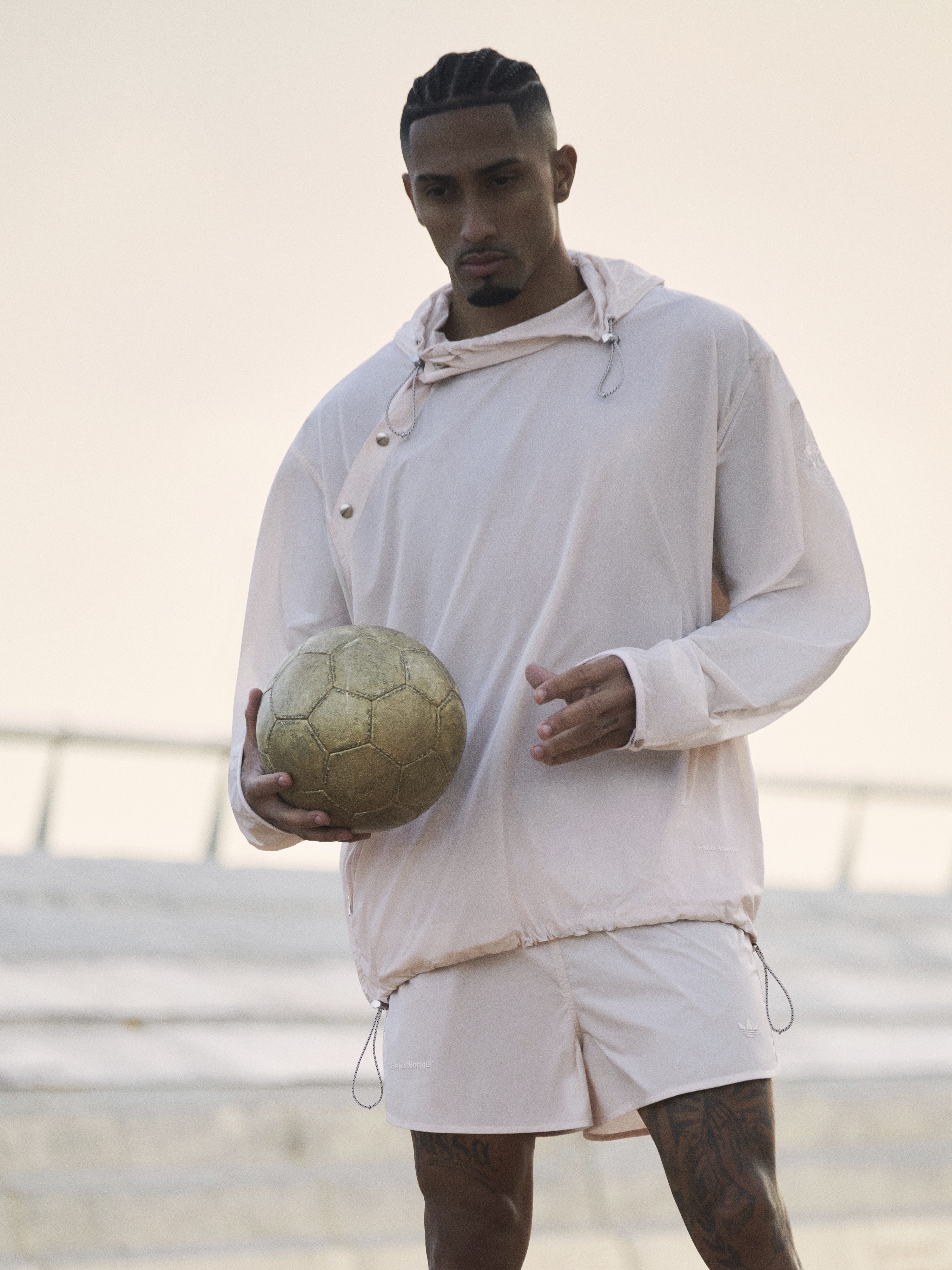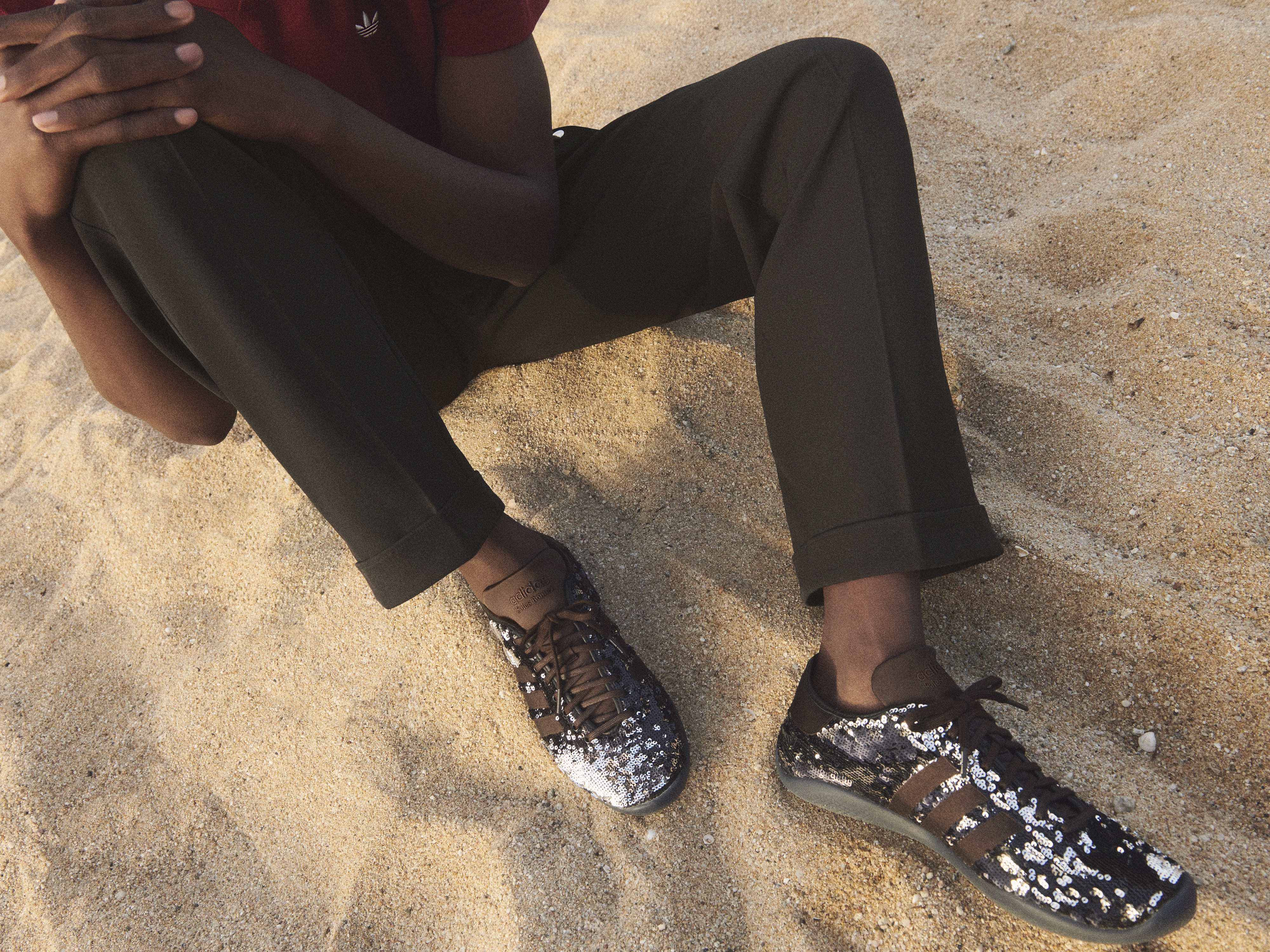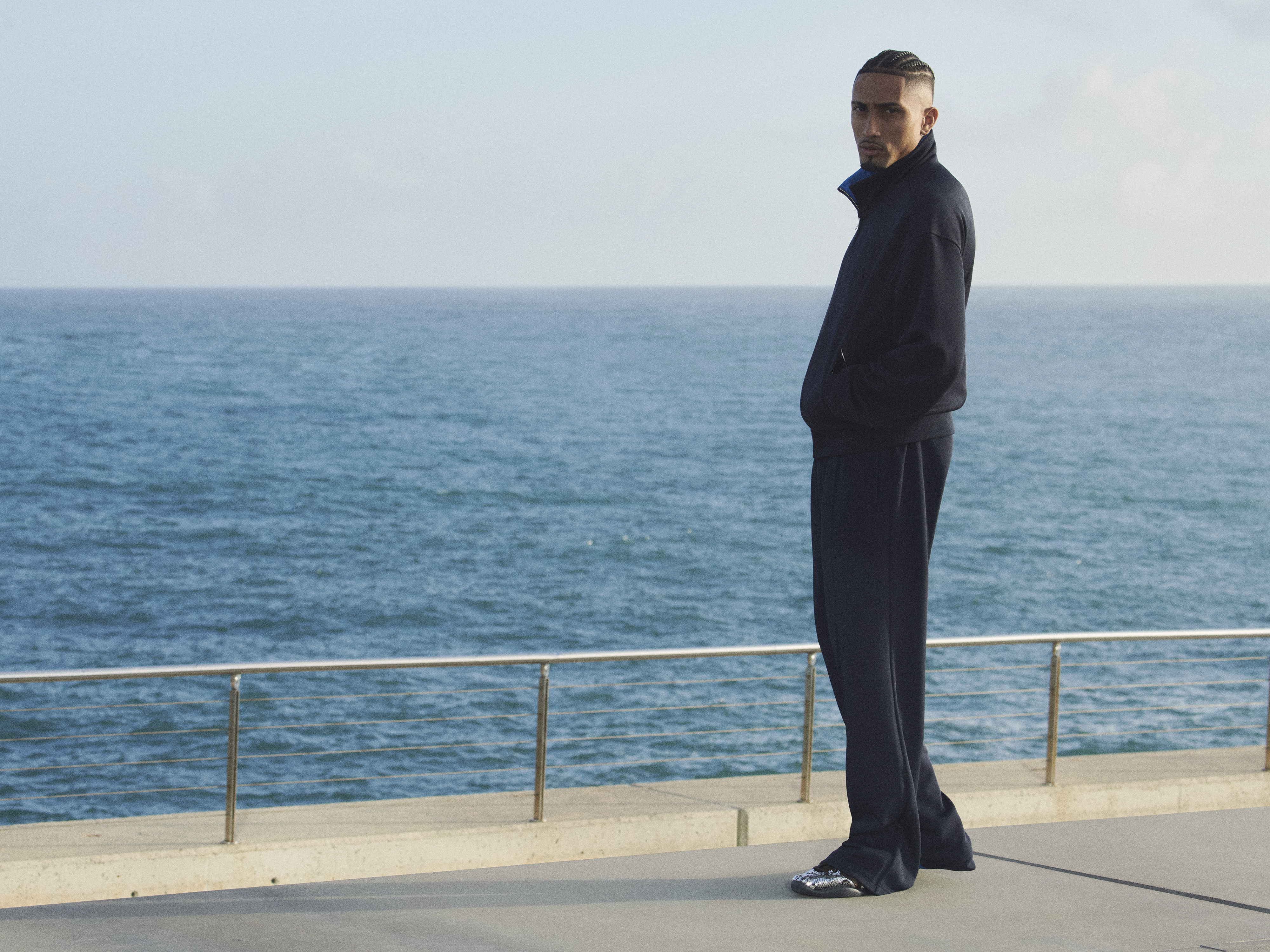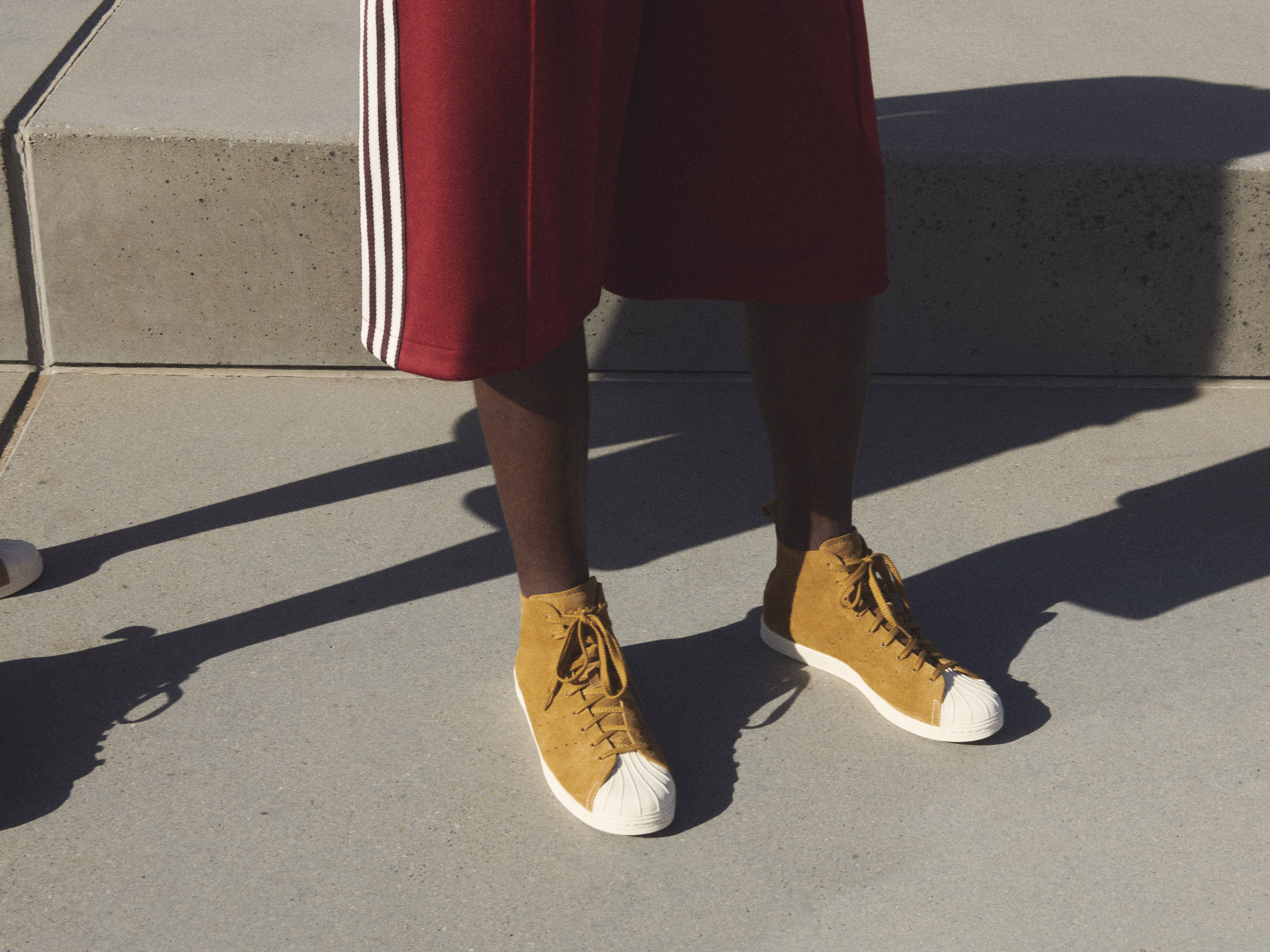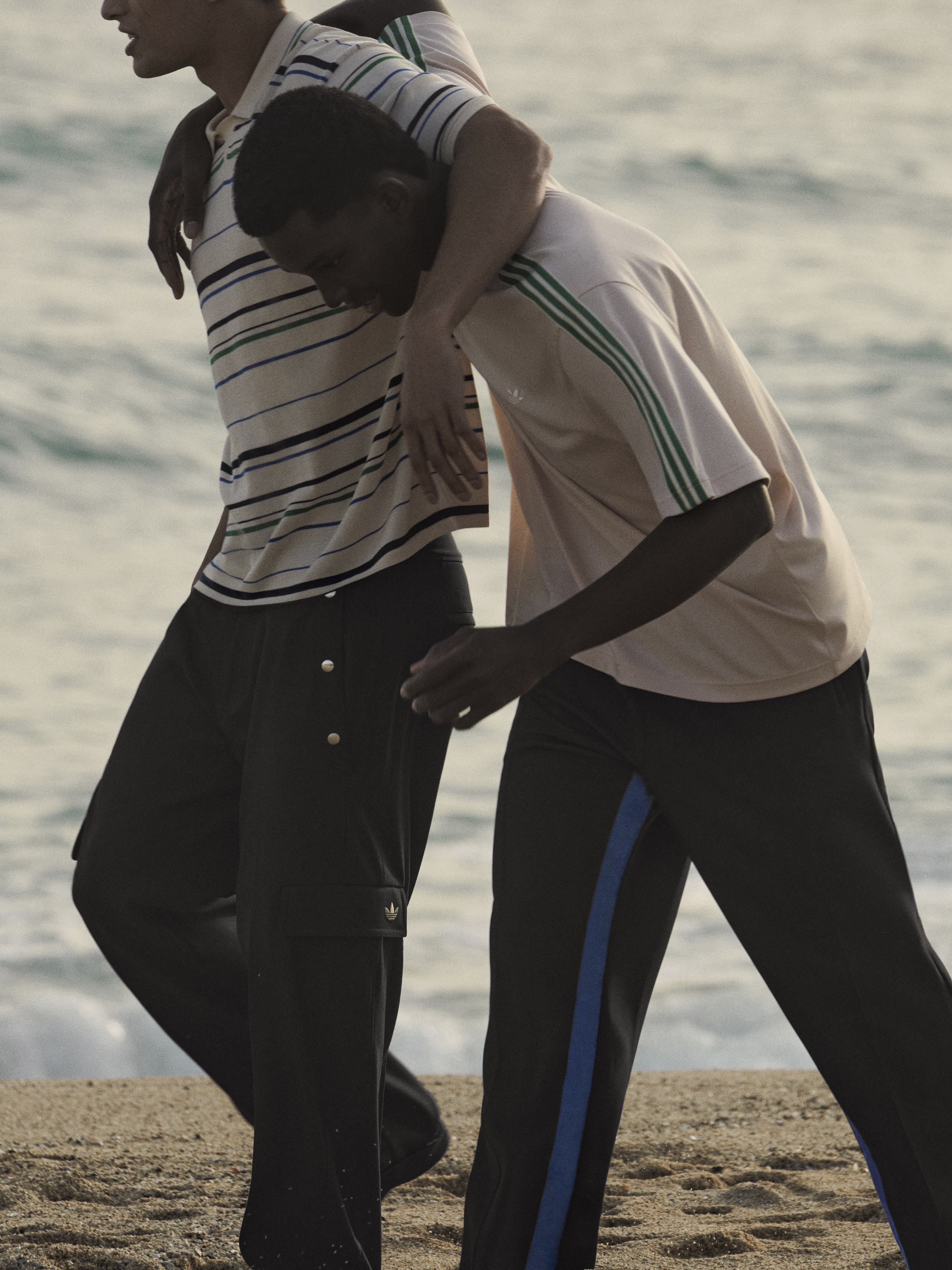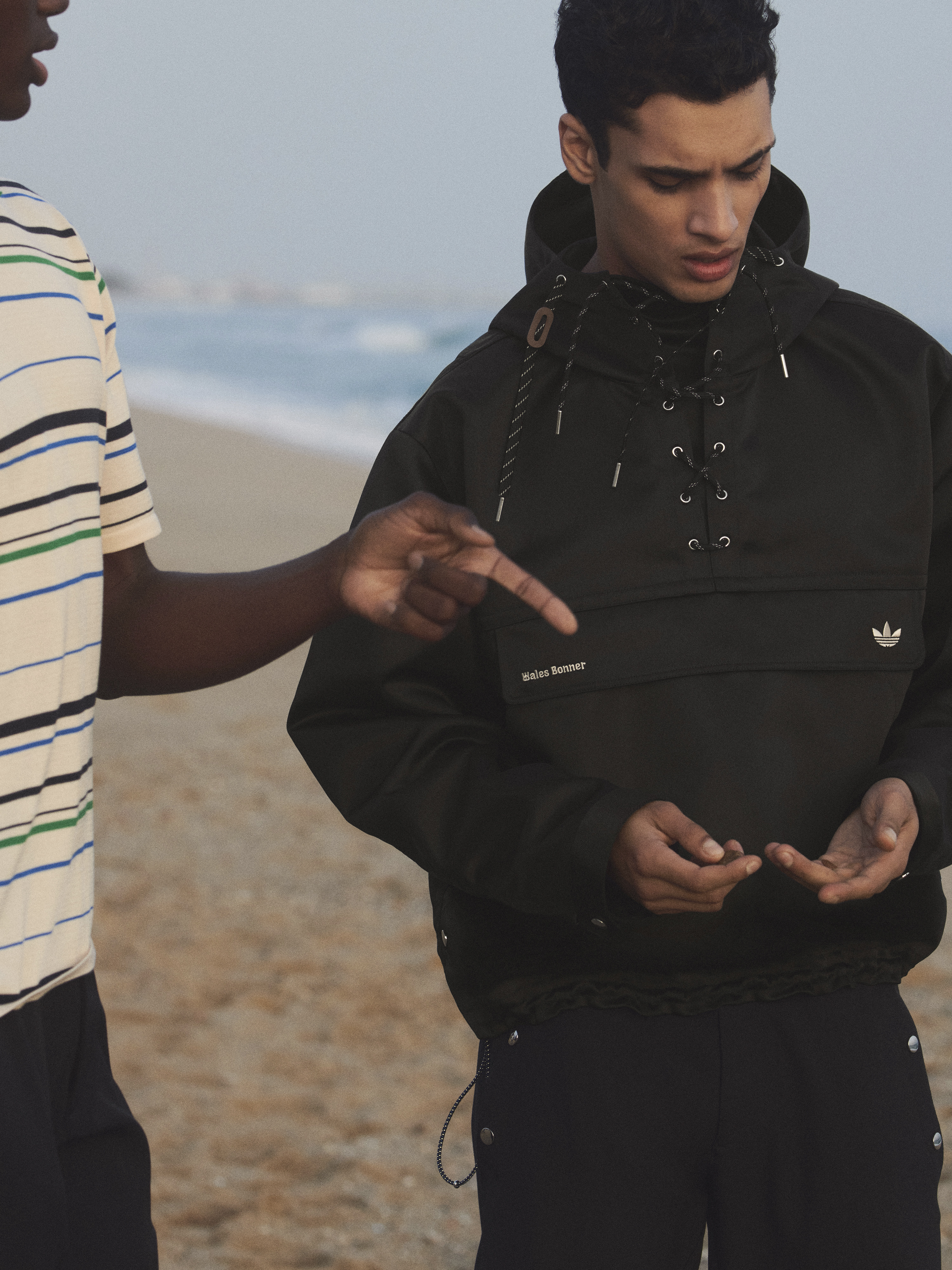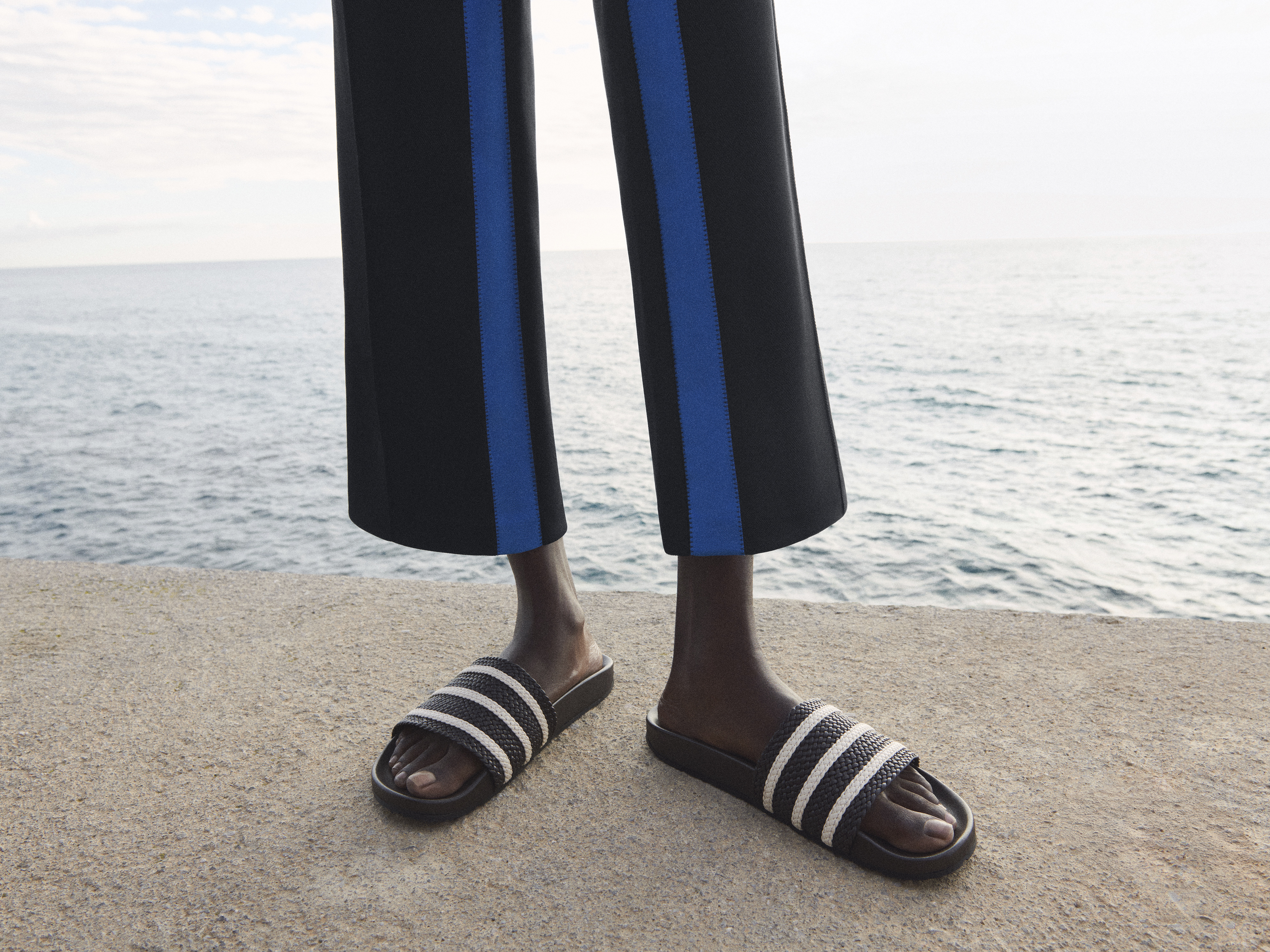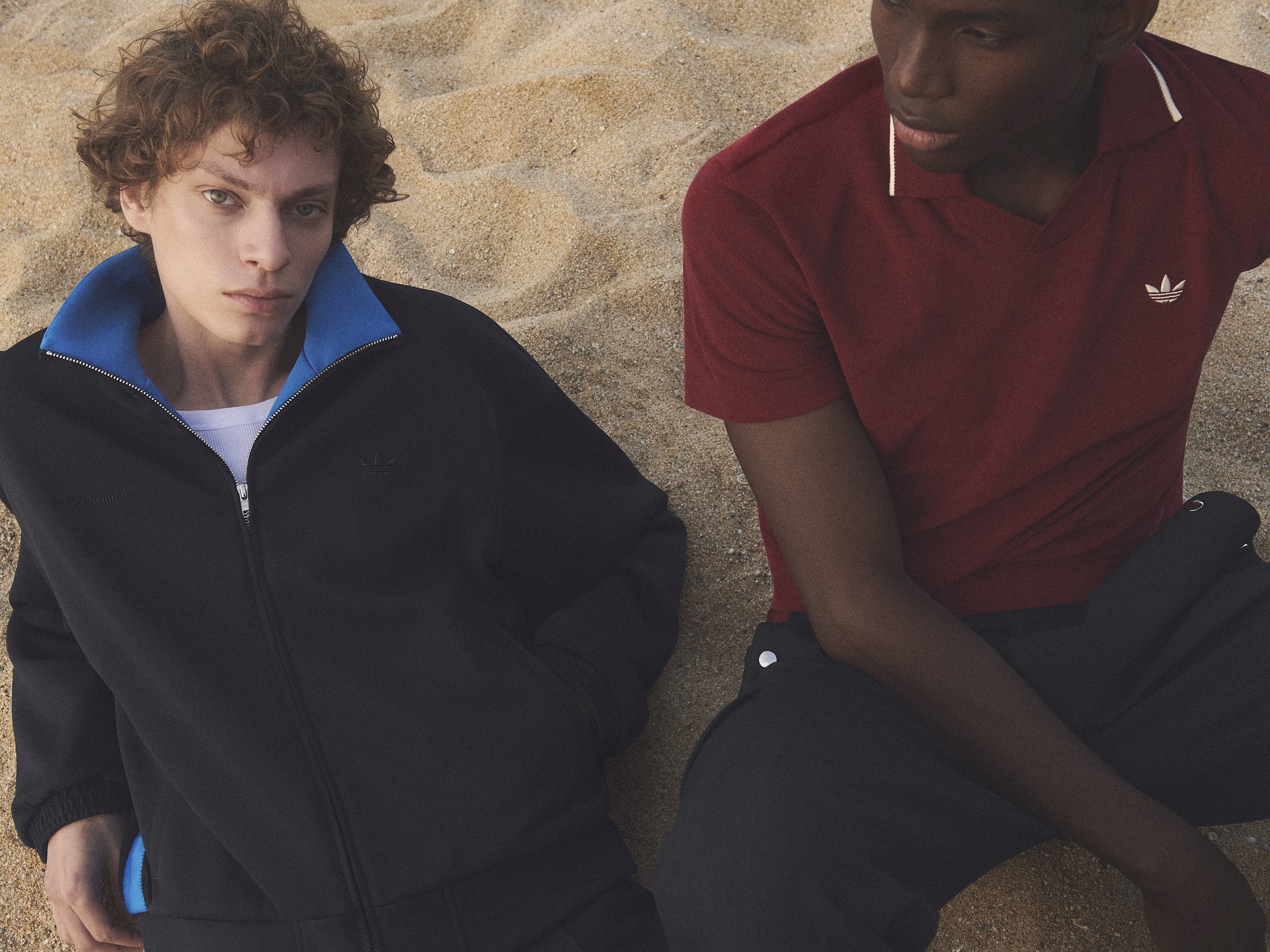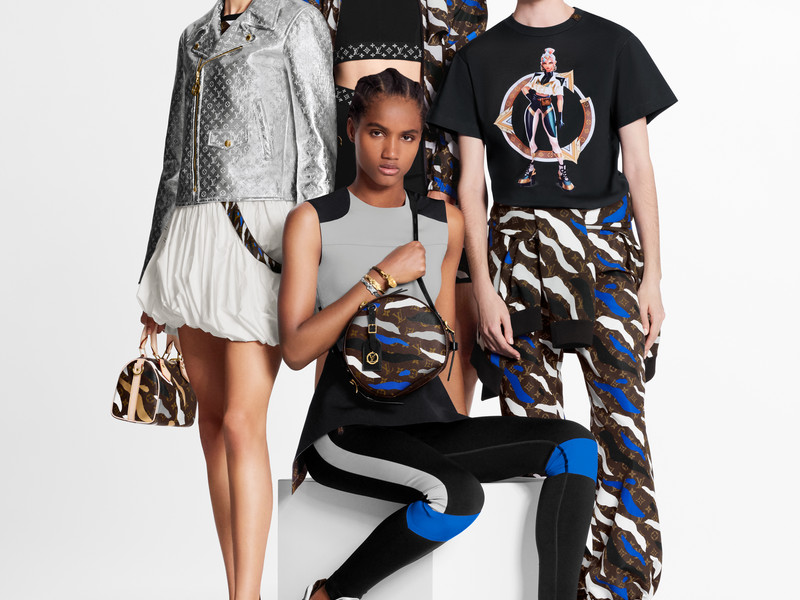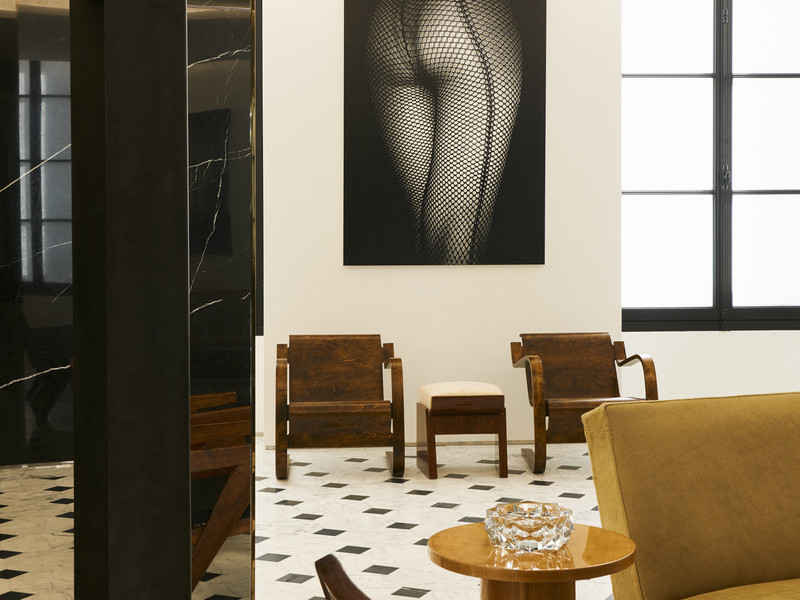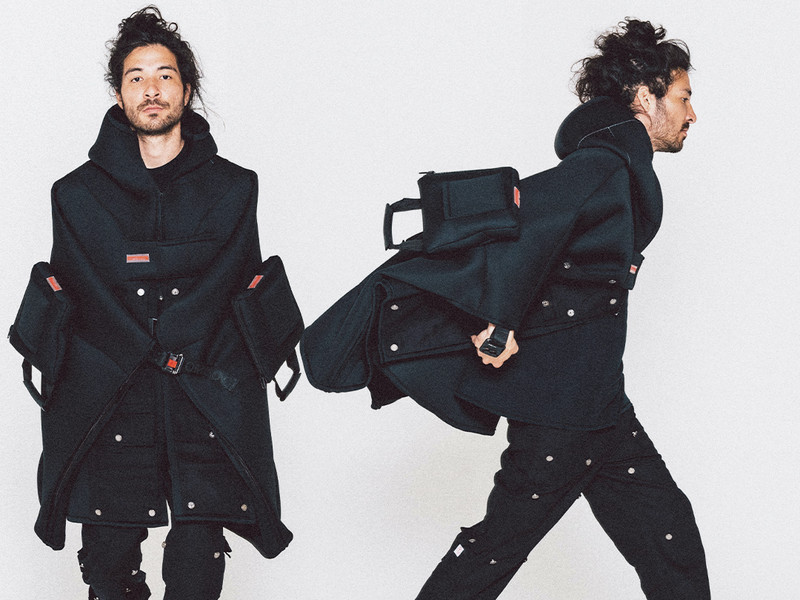Reward if Found
When fashion designer Mohamed Khattabi contemplated starting his own brand, these were some of the questions he asked himself. Used to seeing beautiful, exciting—new—things all the time on social media, he yearned for more than just mere replication. “How could what I make help people?” he asked. “How could I start a brand and maintain the motivation to go on and keep doing it with all that is present out there?”
Born in Tetouan Morocco—a small town next to Tangiers—Mohamed’s ten year sojourn in Paris has granted him a nuanced perspective on the shifting interplay of cultures, particularly in centralized hubs, like Paris, New York, or London. These crucibles are where immigrants balance what they know with what they learn, where countercultures emerge to antagonize established norms.
For years, Mohamed grappled with the question of migration and displacement, deciding how to best depict this through clothes and visuals. One day while browsing through the archive at the Fondazione Prada in Milan, he discovered Kurt Cobain’s rag-tag journal of song notes with the words “Reward if Found” scrawled across the front cover. To him, it was a fated discovery; he already planned to include Rif in the name of whatever project he started – after the mountains in Morocco where the country’s independence was forged – so naturally, Reward if Found fit seamlessly.
The brand, founded in 2020, is both self-actualization and transgression from the norm; a punk spirit imbues both its designs and its social advocacy. There are bubble tees with phrases like ‘end discrimination before it ends you,’ ‘down with this sort of thing’ and ‘who will?’; striped long-sleeve tops and camo iterations with ‘sex is good but have you tried fucking the system’ across them; more conceptualized garments like tartan bubble skirts, gelato fringe sweatshirts, moppy zip ups, and mermaid denim skirts.
Mohamed even partners with organizations like Famille Au Grand Coeur which welcomes, supports, and finds host families for LGBTQ+ individuals, asylum seekers, and refugees. He creates all of his patterns digitally, uses deadstock materials, and intentionally weaves a thread from one collection to the next. RiF is almost an homage to the world of fantasy of pioneers like Vivienne Westwood and Jeal Paul Gaultier and yet as contemporary as tried-and-true New York fairytales Vaquera and Eckhaus Latta. RiF transcends temporality, establishing a general feeling of belonging through interwoven cultural moments.

When Faisal reached out with the idea to bring Mohamed's creations to life with friend and photographer Marc Ludwigsen, we were all for it. The South Asian-French New Yorker, stylist and creative's project cements RiF in the downtown scene with a pictoral narrative that embodies the punk DIY spirit of the brand.
Faisal's cast, made up of friends that inspire him, is a window into the niche community that inhabits the lower part of Manhattan. In Faisal’s words, “the entire cast is true to their core, espousing and paying homage to various moments from the past, be they punk, New Romantic, indie eras, in line with the brand's ethos of disruption and migration. When we thought about the project and how and with whom we could shoot it, we didn't even really think about punk or music or transgression, it just sort of came together naturally.”
Sabina Sas, who introduced Faisal to the Tompkins, LES, and Chinatown music scenes – as committed as he to “reliving different eras, to camping the visuals of Nancy Spungen one day and Stevie Nicks the next.”
Charles “Bobo” Therese, a born-and-raised New Yorker who lives down the block from Faisal, and “inhabits today’s music scene so profoundly, with a strong nod to 70s visuals, like someone out of Rolling Stone profile from yesteryear.”
Rob Yaegar, a proud sex worker, writer and New Yorker who believes in his “ethical commitment to serving others, creativity, meditation and compassion, all while living outside convention.”
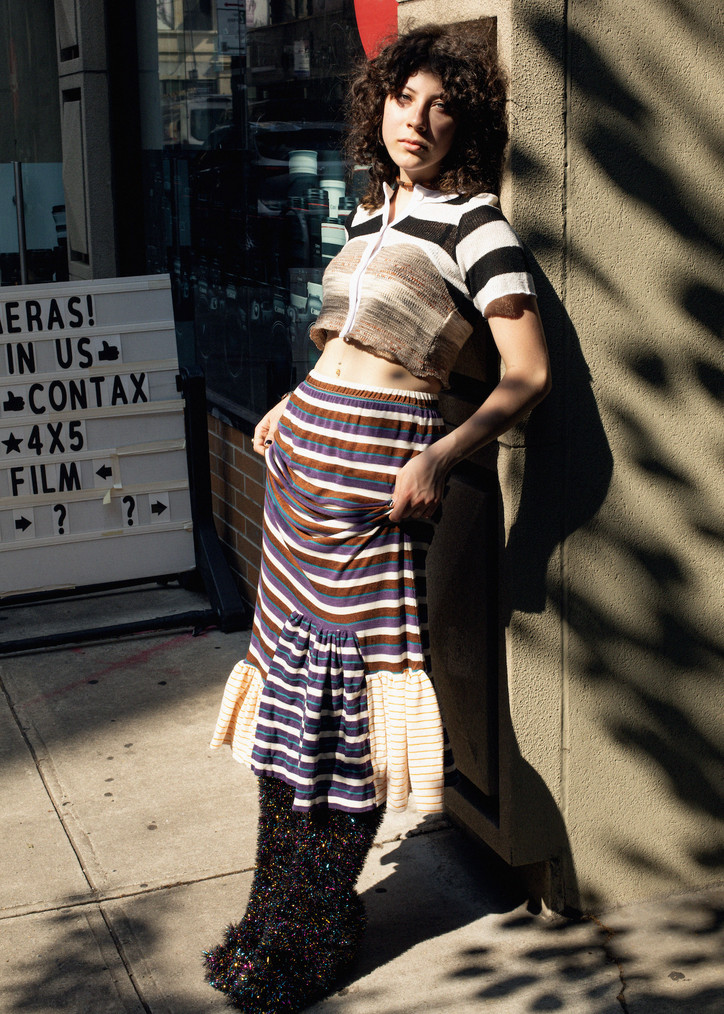
Sabina Sas
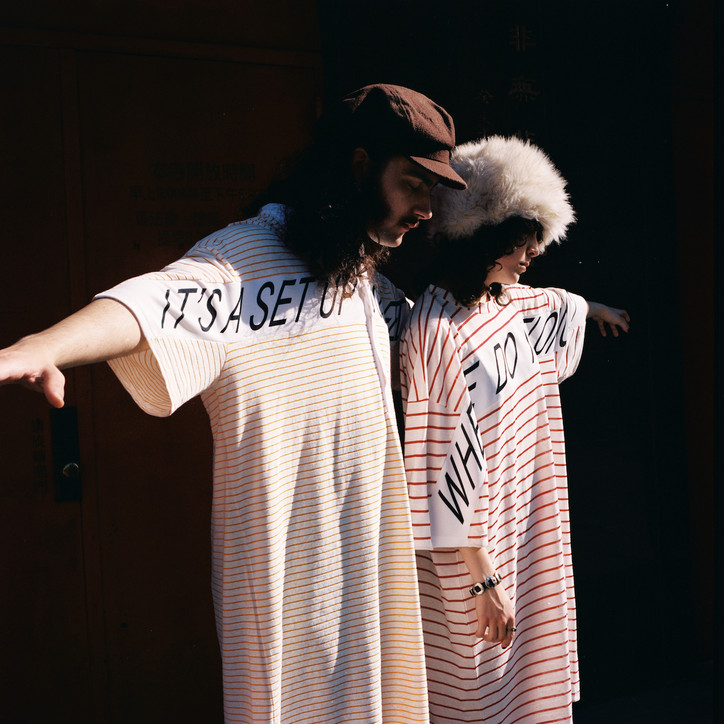
Charles "Bobo" Therese, Sabina Sas
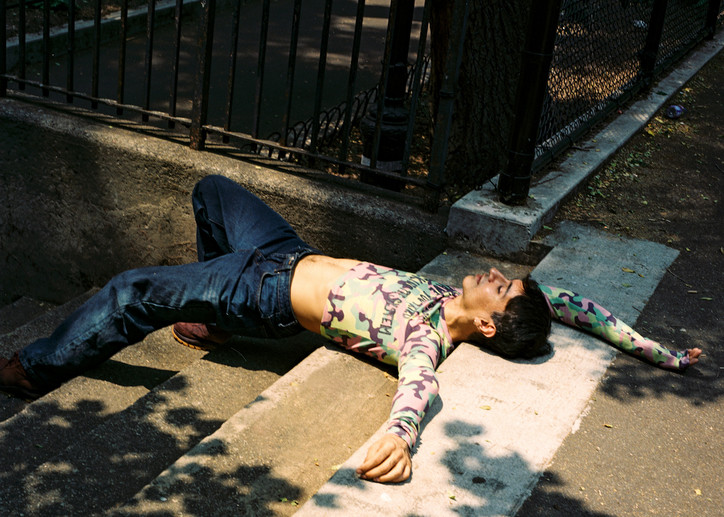
Faisal Hasan
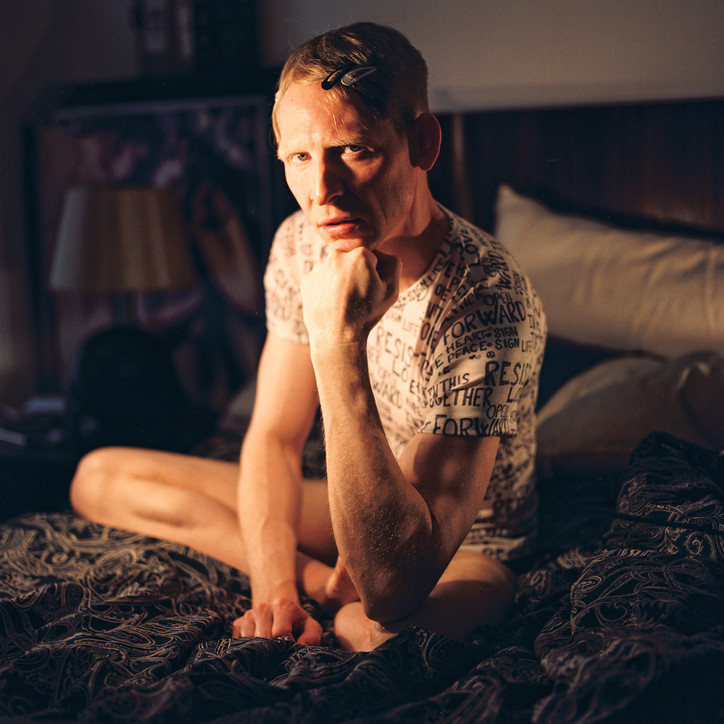
Rob Yaegar
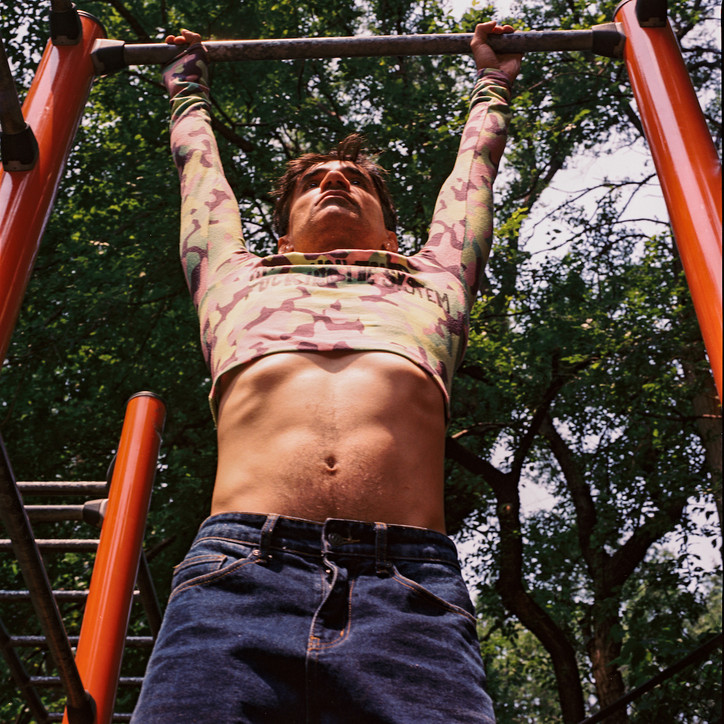
Faisal Hasan
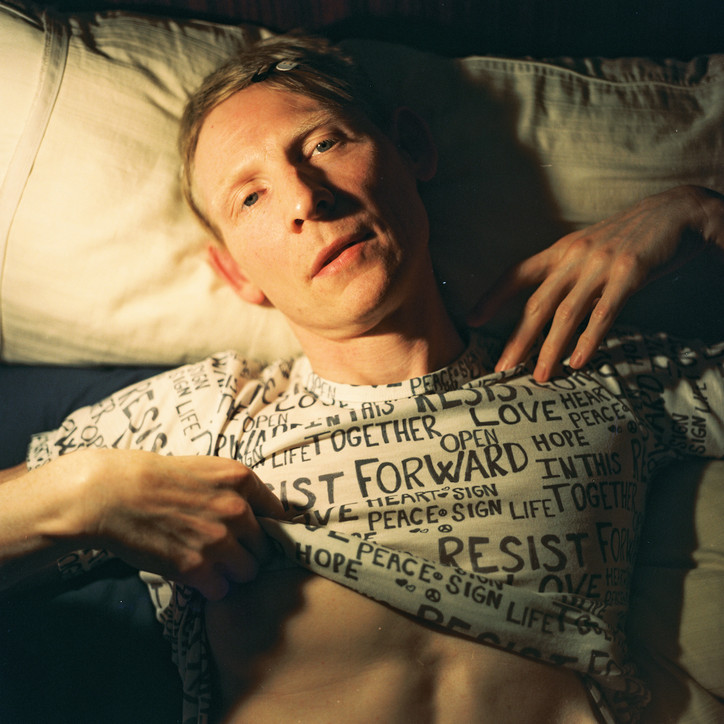
Rob Yaegar
